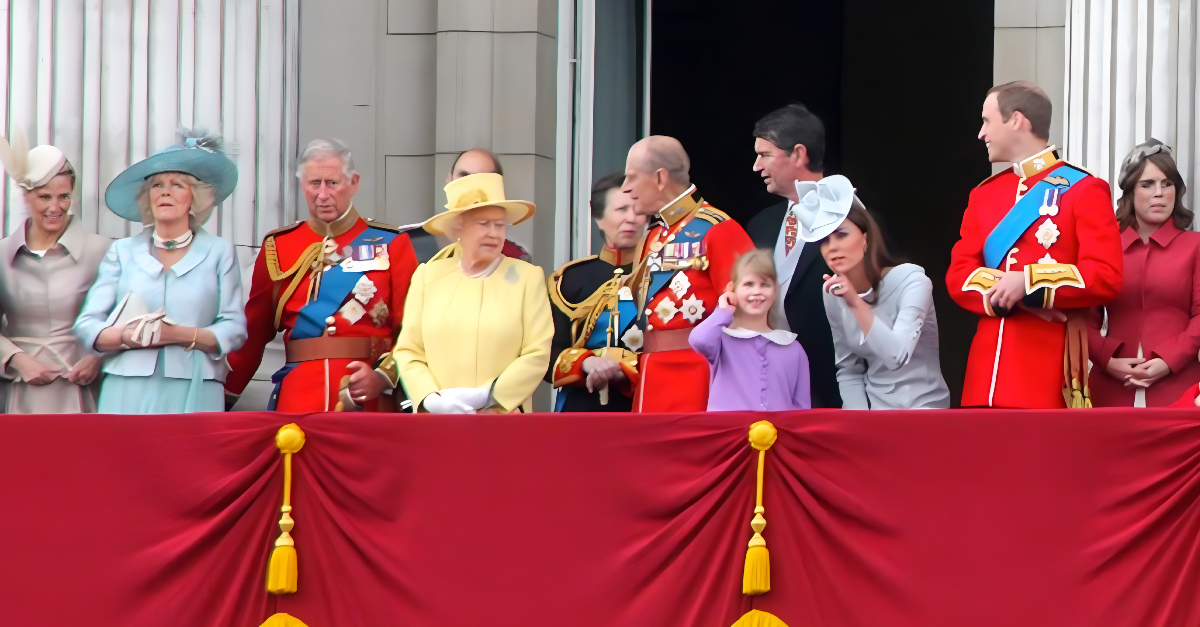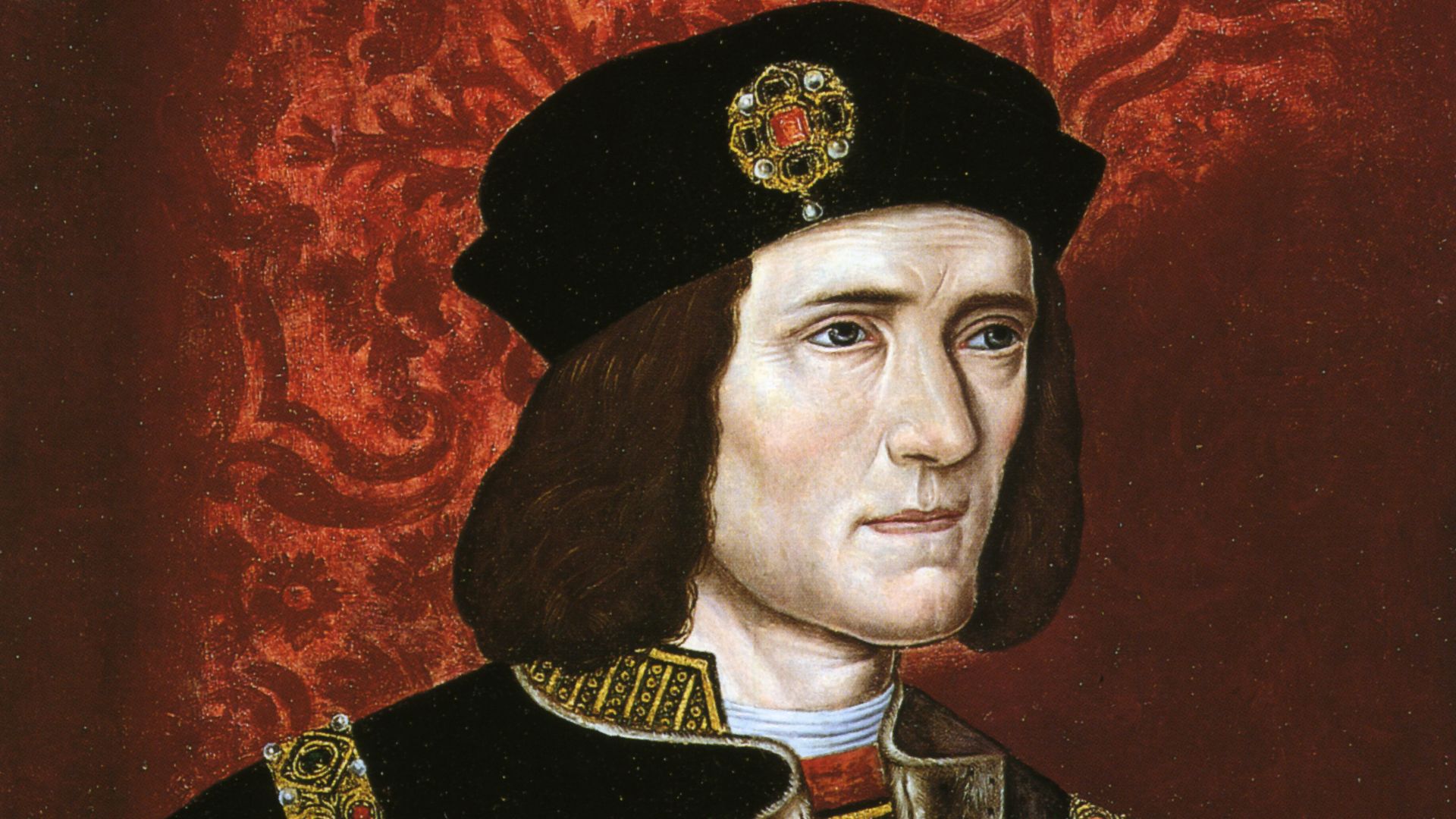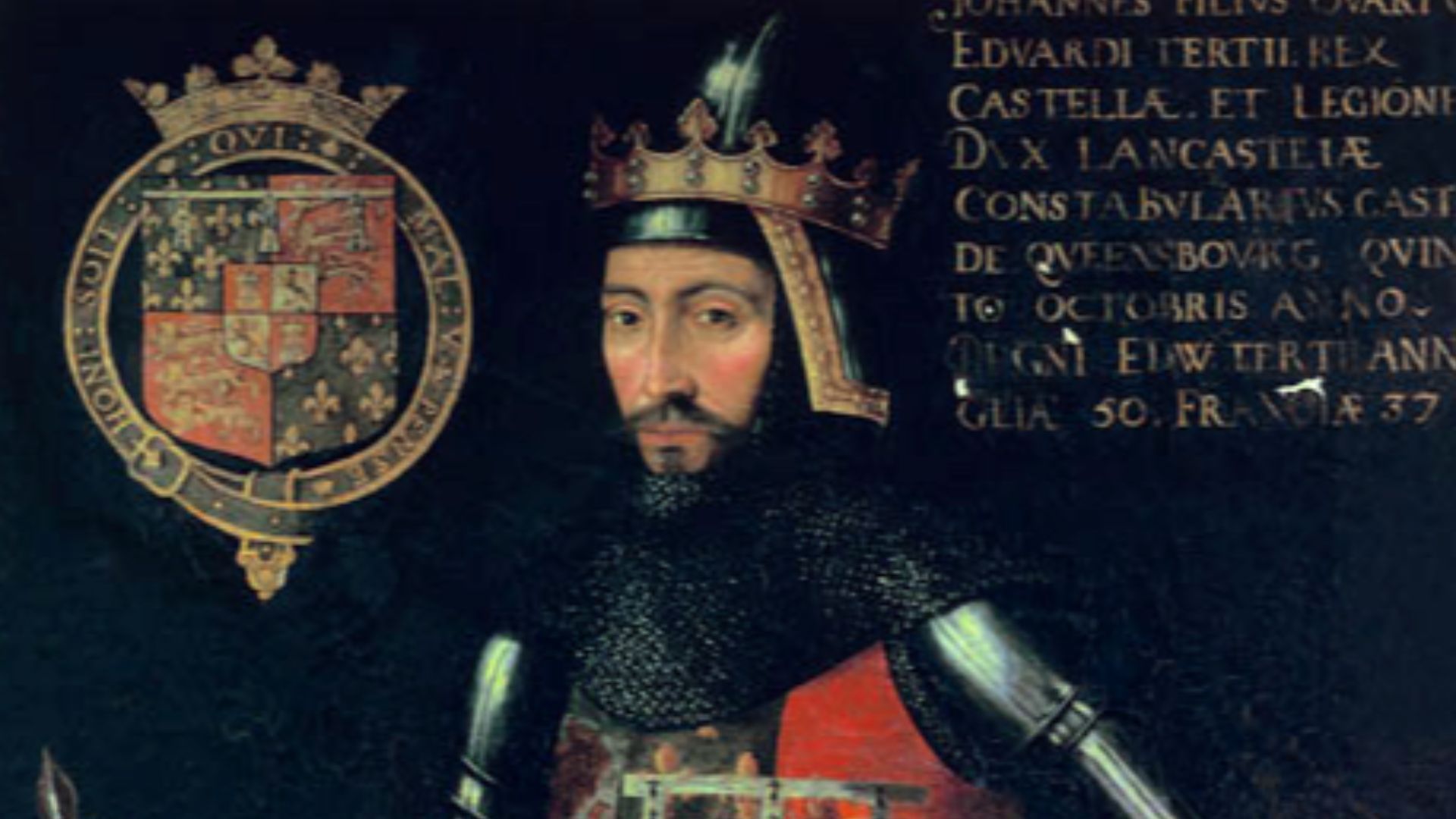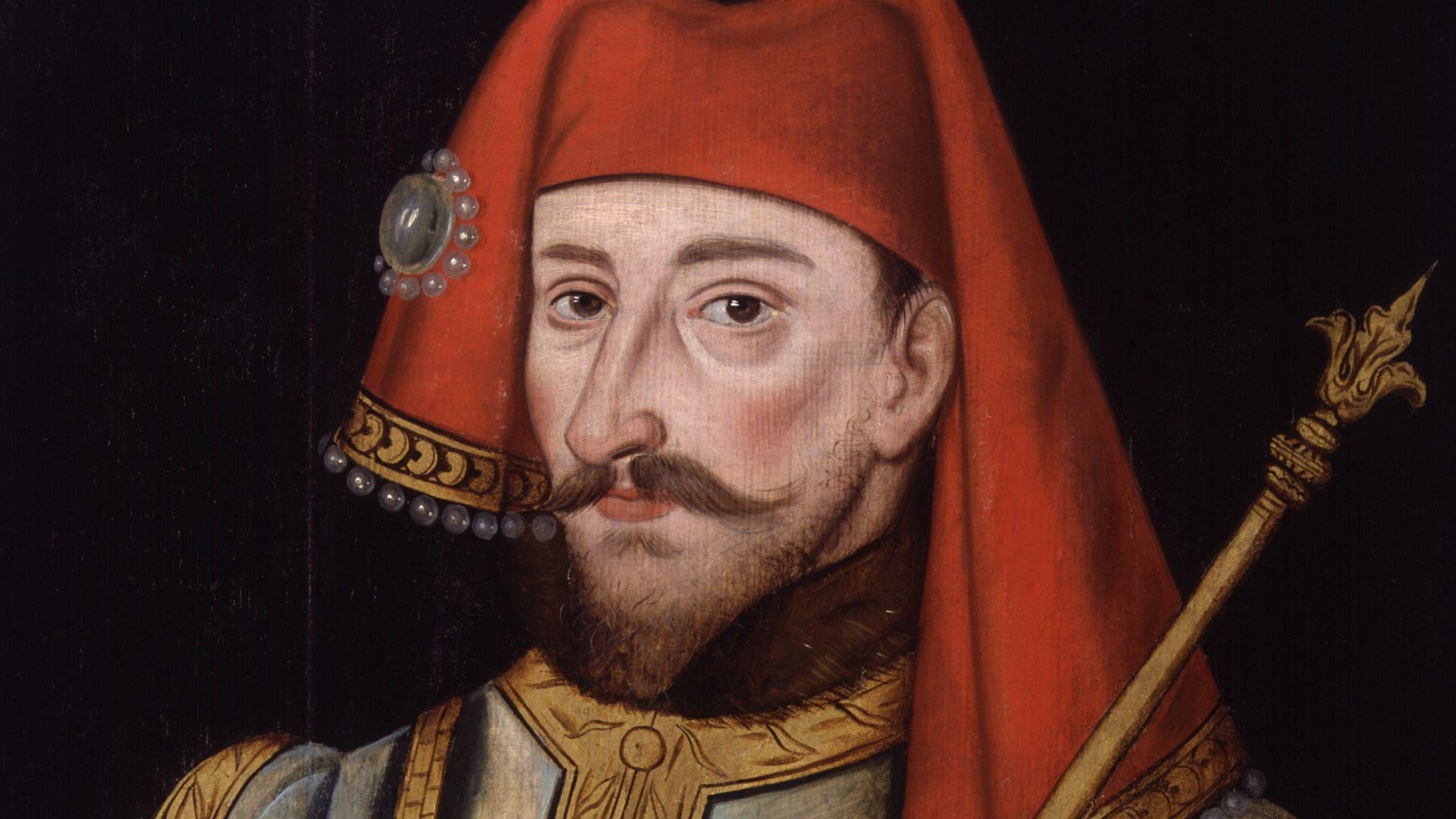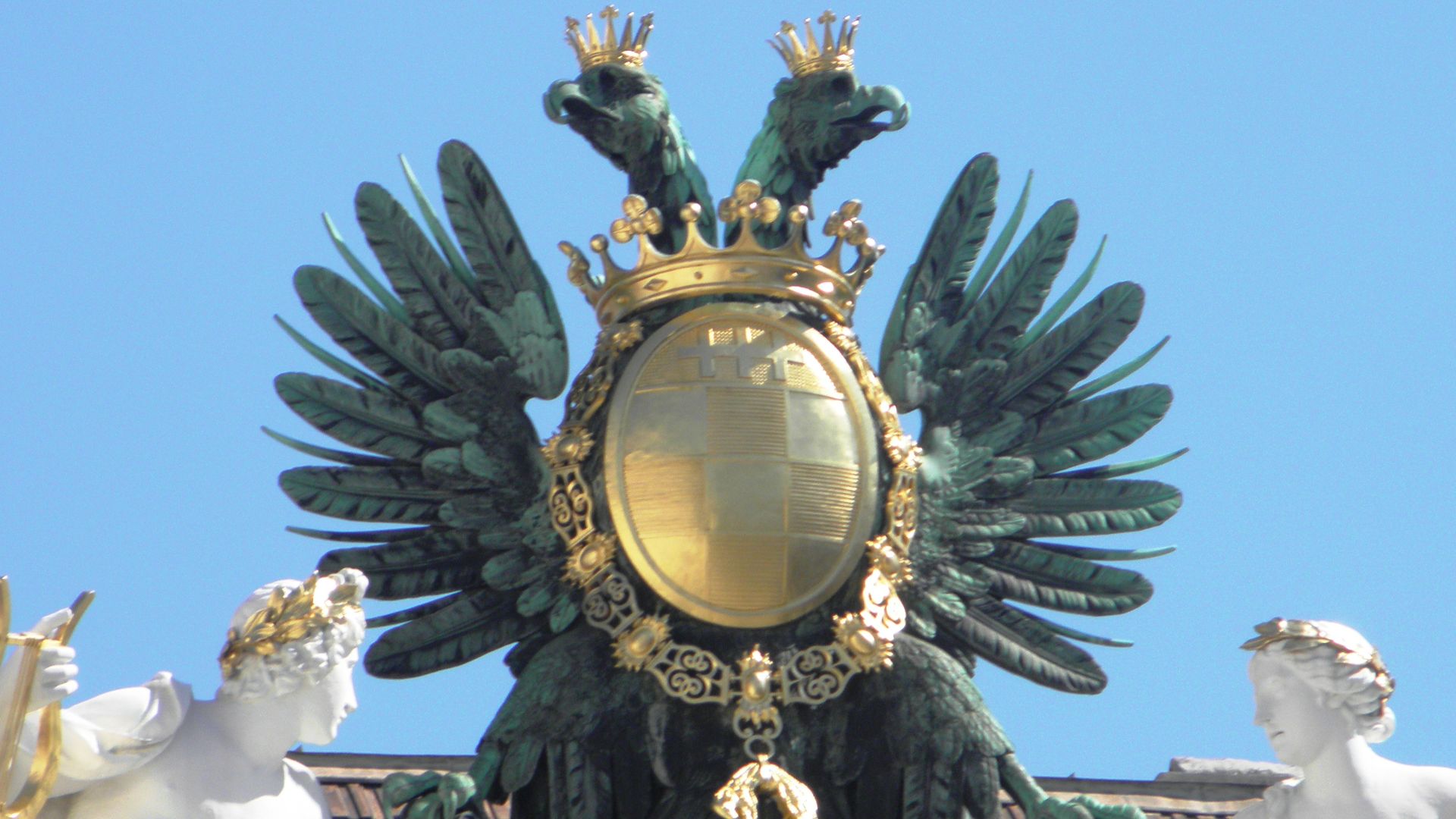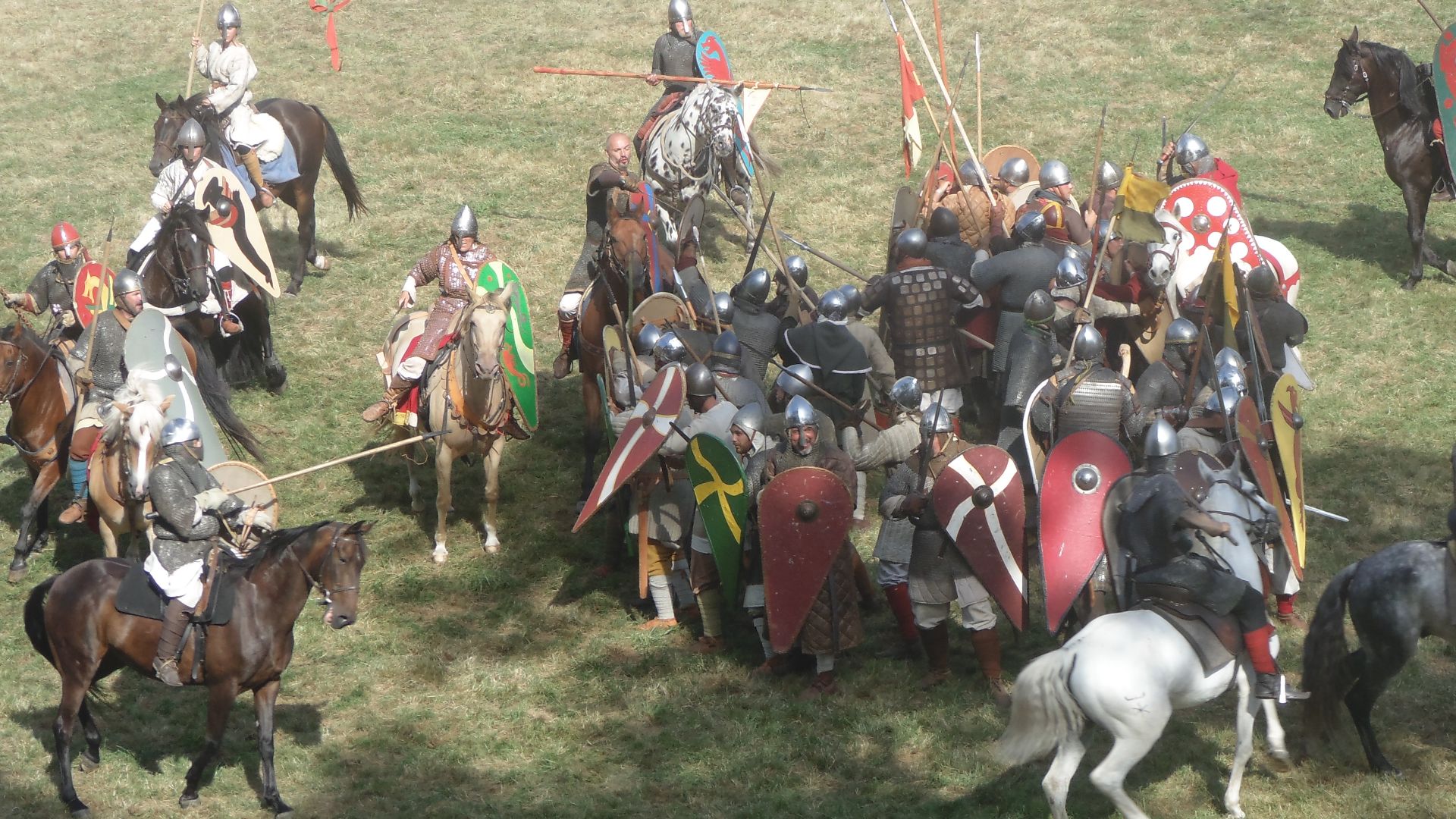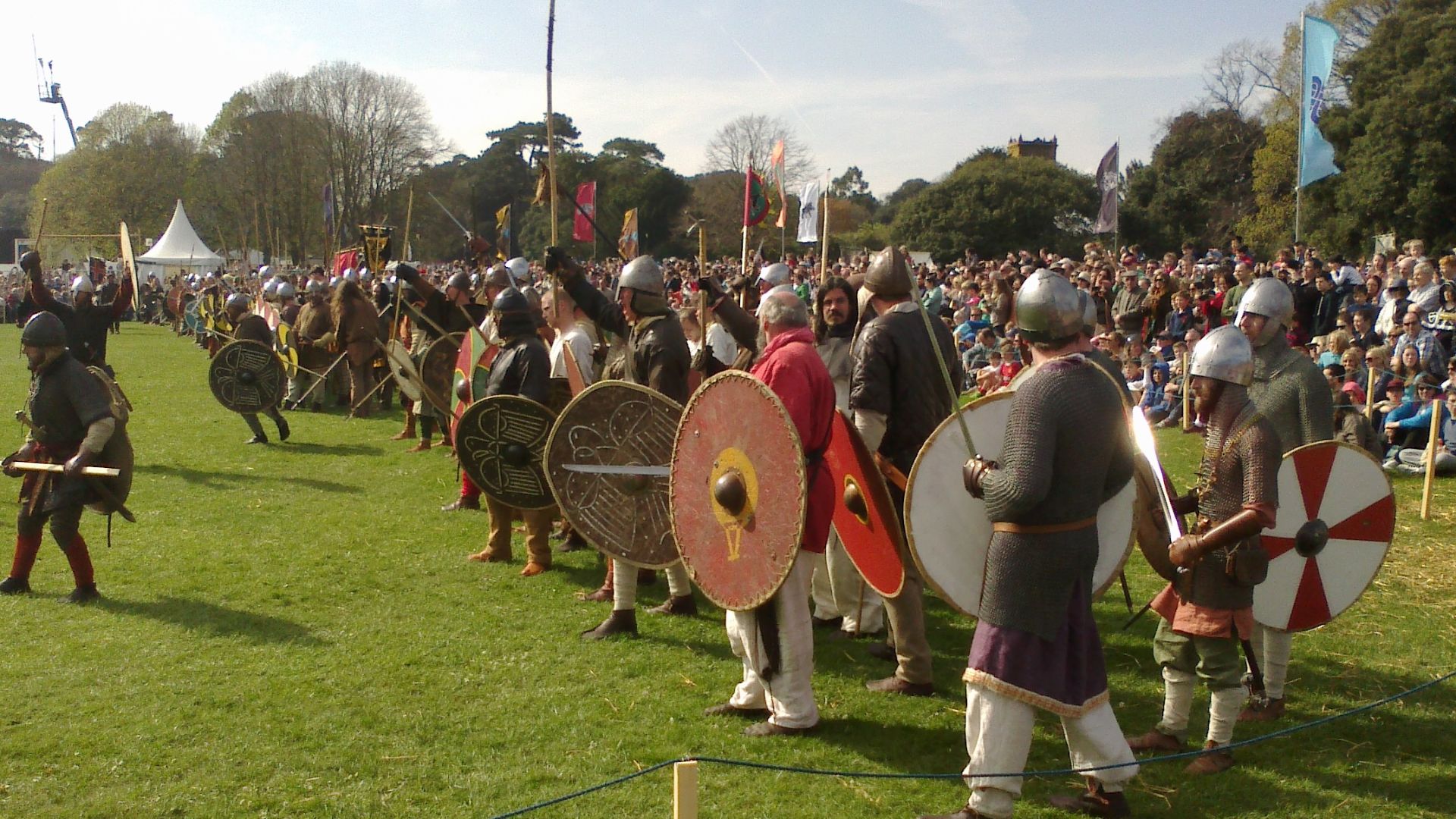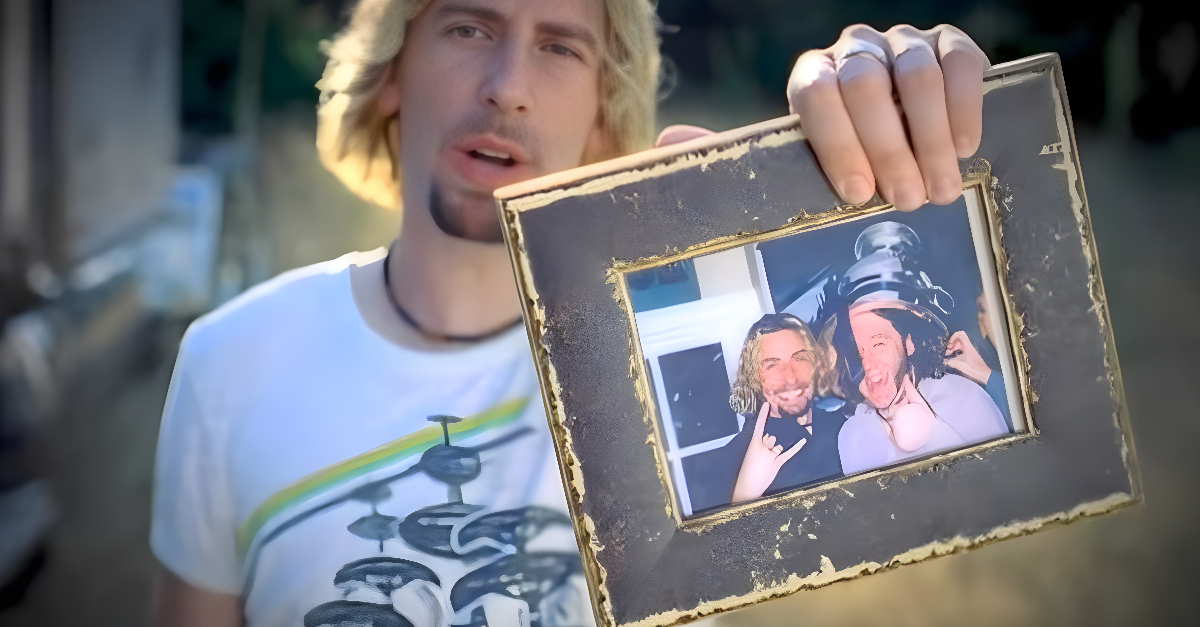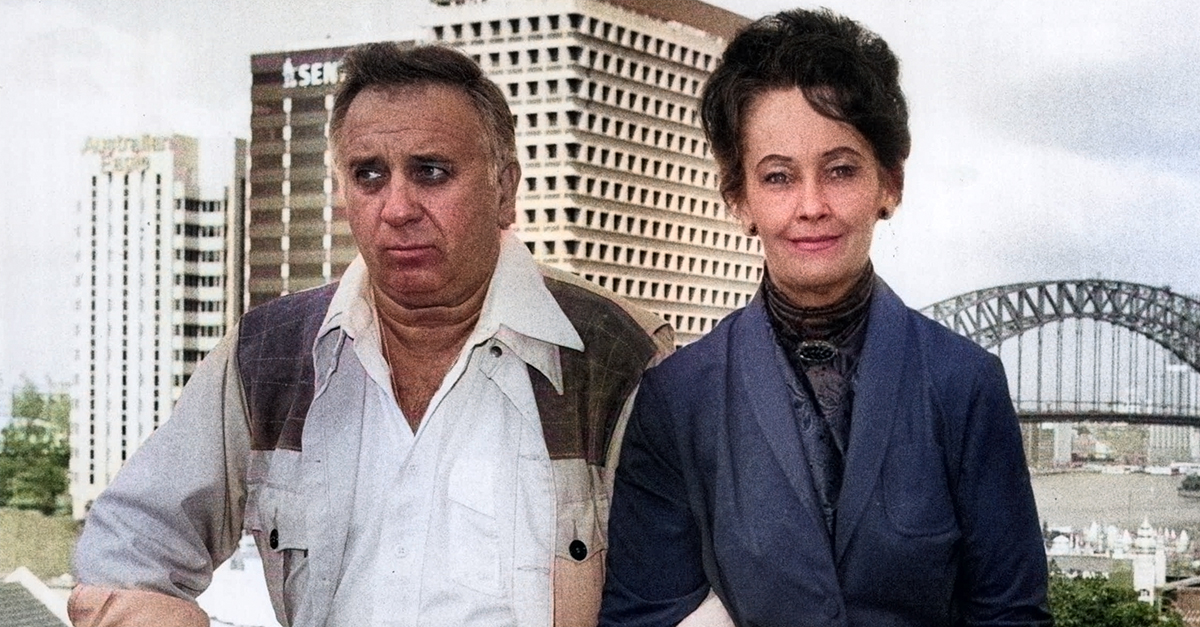Is Your Name Crowned?
While most of us trace our names back to farmers, blacksmiths, or shopkeepers, a few lucky families can point to regal ties. These surnames are historically associated—sometimes loosely, sometimes directly—with royalty. Is yours among them?
Windsor
No surname screams “royal” louder than Windsor. Adopted in 1917 by King George V to replace the German-sounding “Saxe-Coburg and Gotha,” it became the official name of the modern British royal family. If your last name is Windsor, you’ve got the most regal surname in the book.
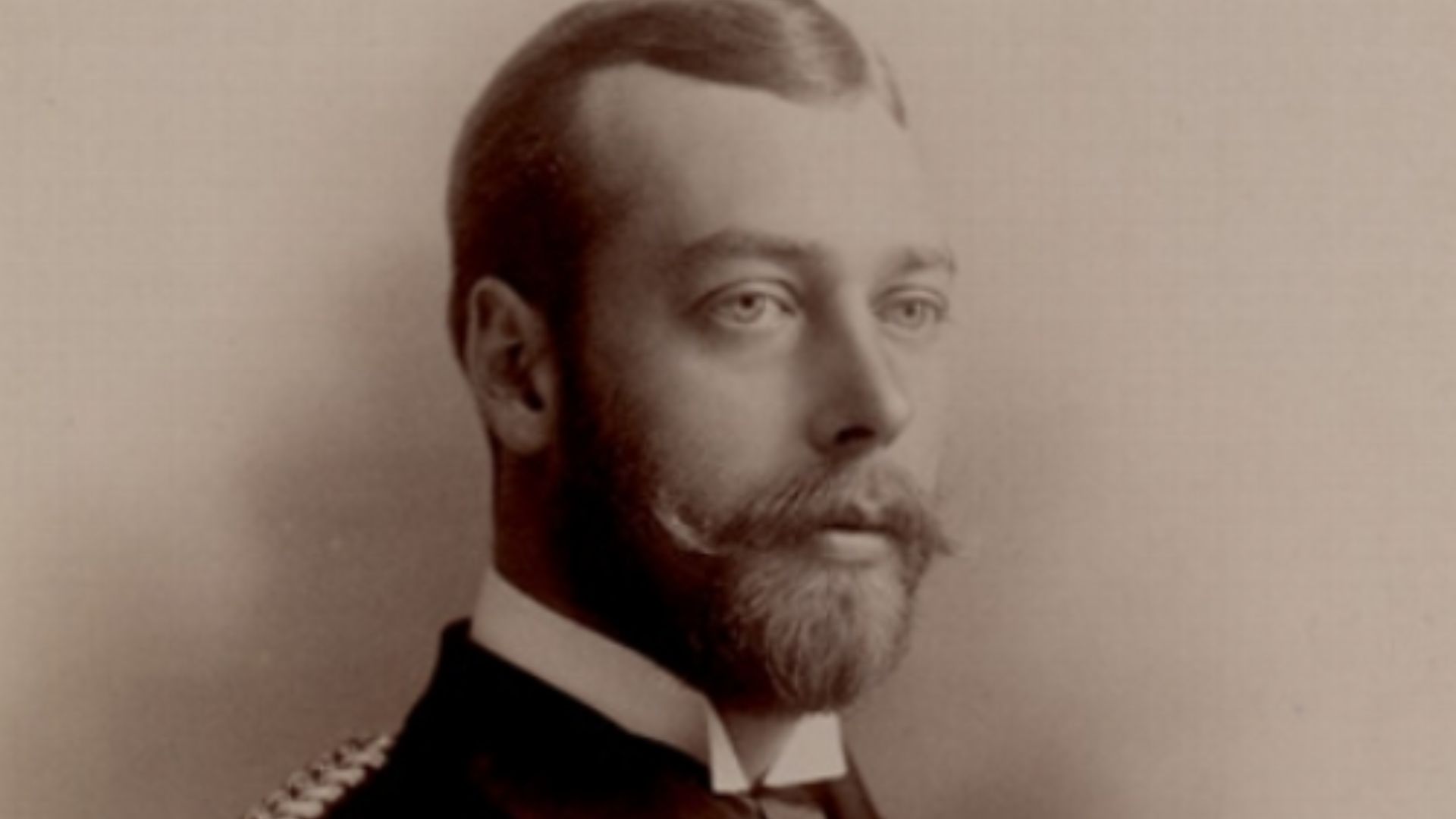 Jules-Ernest Livernois, Wikimedia Commons
Jules-Ernest Livernois, Wikimedia Commons
Stuart
The Stuarts ruled Scotland and later England, giving the world monarchs like Mary, Queen of Scots, and James VI and I. Even if you’re not living in a castle, being a Stuart puts you in noble company with centuries of royal intrigue behind it.
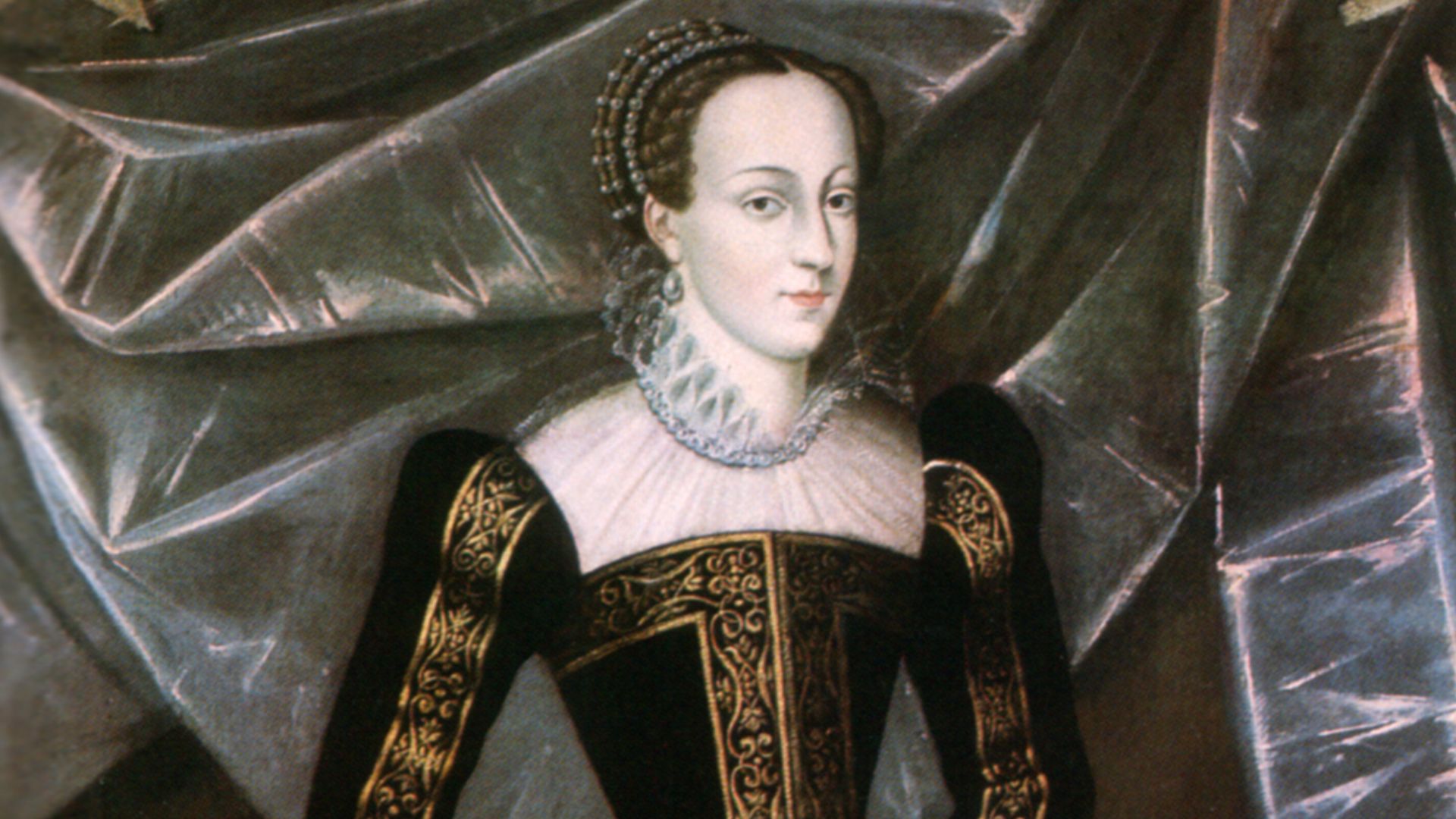 Unidentified painter, Wikimedia Commons
Unidentified painter, Wikimedia Commons
Tudor
Think Tudor, think Henry VIII and his six unlucky wives. This Welsh dynasty gave England some of its most dramatic history—and the iconic Elizabeth I. If your surname is Tudor, you’ve got ties to one of the most infamous royal houses ever.
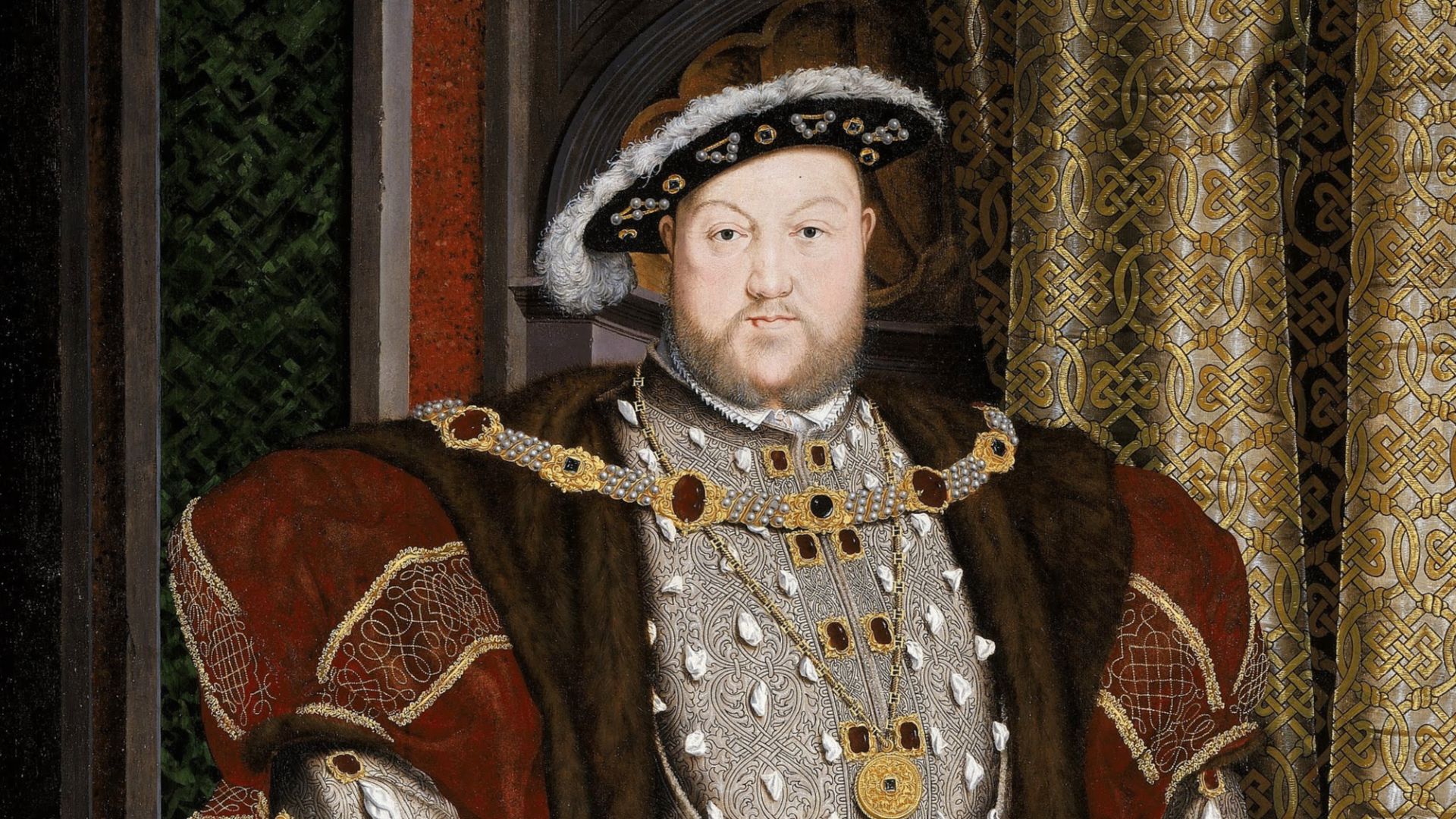 After Hans Holbein the Younger, Wikimedia Commons
After Hans Holbein the Younger, Wikimedia Commons
Plantagenet
The Plantagenets ruled England for three centuries, from the 12th to the 15th. They brought us Richard the Lionheart, King John, and the Wars of the Roses. While the dynasty ended with Richard III, the surname still oozes medieval royal drama.
York
If your name is York, you’re connected—at least by surname—to one of the factions in the Wars of the Roses. The House of York squared off against the House of Lancaster for England’s crown. Shakespeare even turned their battles into theatrical gold.
Lancaster
On the other side of that bloody feud stood the Lancasters. Their legacy includes Henry IV, Henry V, and Henry VI. While the Lancasters eventually lost the throne, the name is forever tied to English royalty and plenty of battlefield drama.
Hanover
The Hanovers brought us King George I through Queen Victoria, shaping Britain’s empire-building years. If Hanover is your surname, it’s steeped in royal history—though most likely you’re not inheriting Buckingham Palace anytime soon.
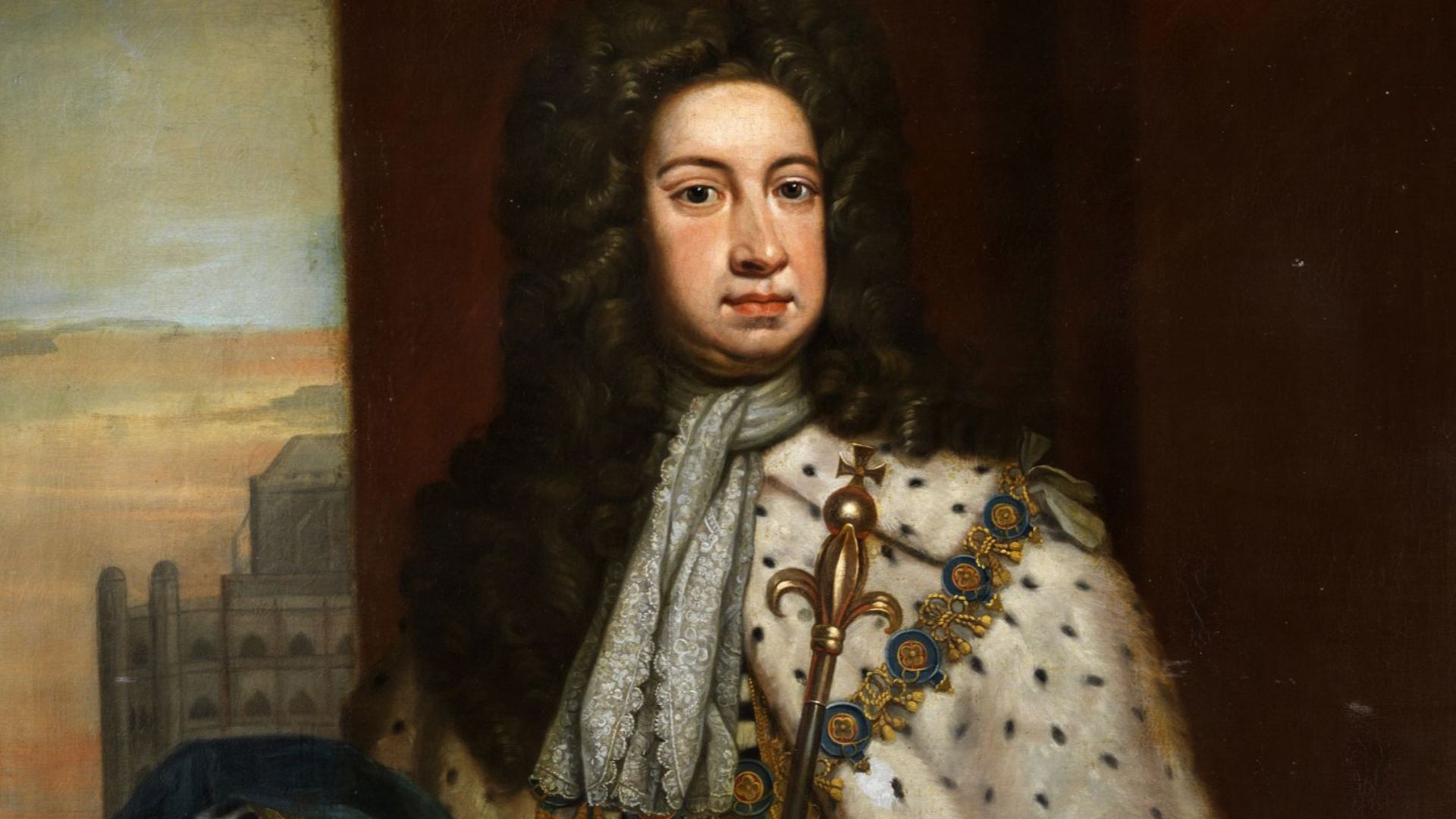 After Godfrey Kneller, Wikimedia Commons
After Godfrey Kneller, Wikimedia Commons
Habsburg
The mighty Habsburgs reigned over Austria, Spain, and much of Europe. Known for their sprawling empire—and infamous inbreeding—they dominated politics for centuries. A Habsburg surname today might not come with land, but it certainly comes with historical bragging rights.
Bourbon
The Bourbons ruled France, Spain, and Naples, with a legacy of grandeur and guillotines. From Louis XIV, the Sun King, to the doomed Louis XVI, their story is equal parts glittering and grim. If you’re a Bourbon, history gave your family quite the spotlight.
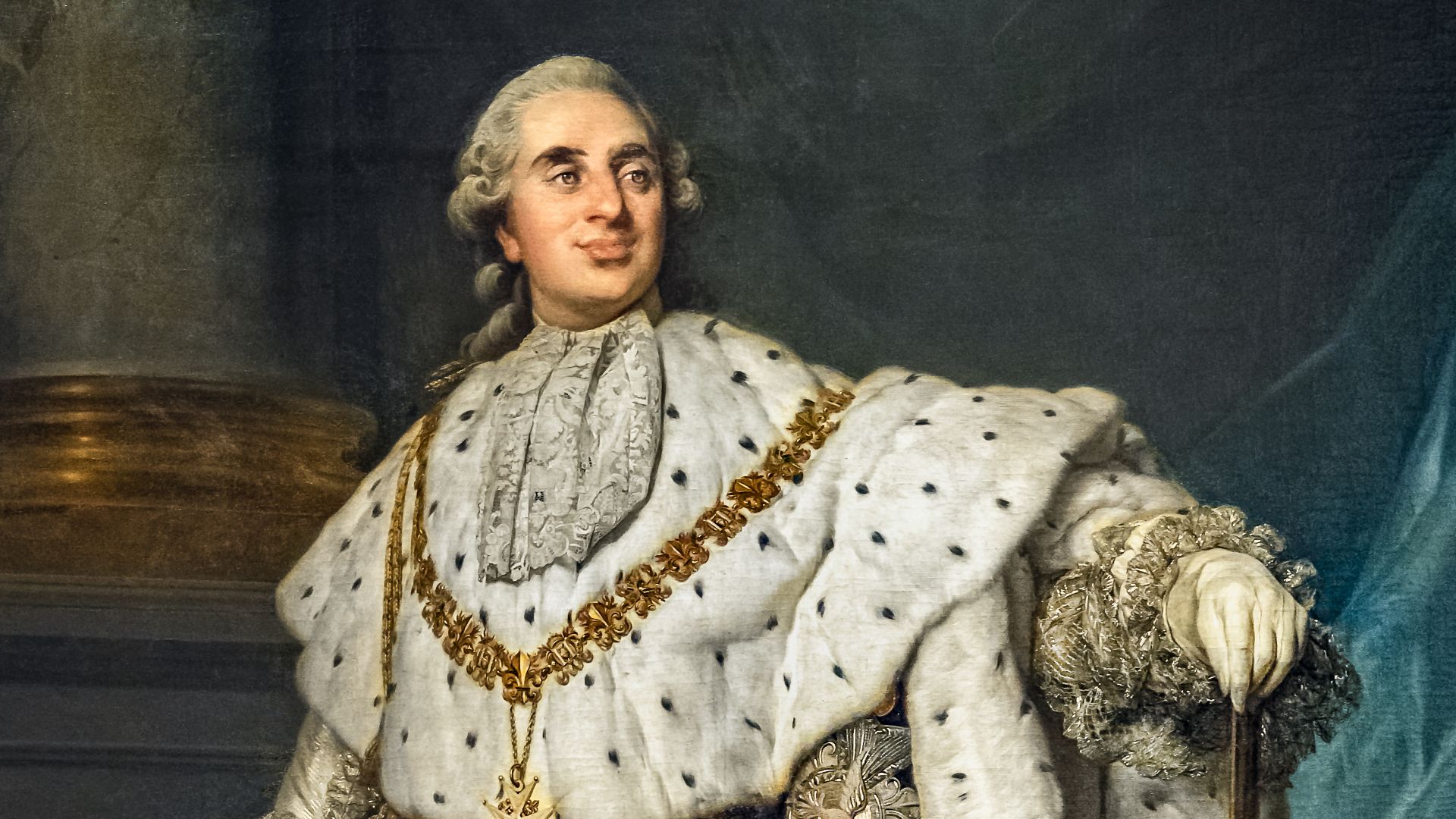 Didier Descouens, Wikimedia Commons
Didier Descouens, Wikimedia Commons
Capet
The Capetians were one of Europe’s longest-running dynasties, ruling France from the 10th to the 14th century. The surname Capet is rare today, but it carries echoes of kings who helped shape medieval France. That’s one royal family tree worth showing off.
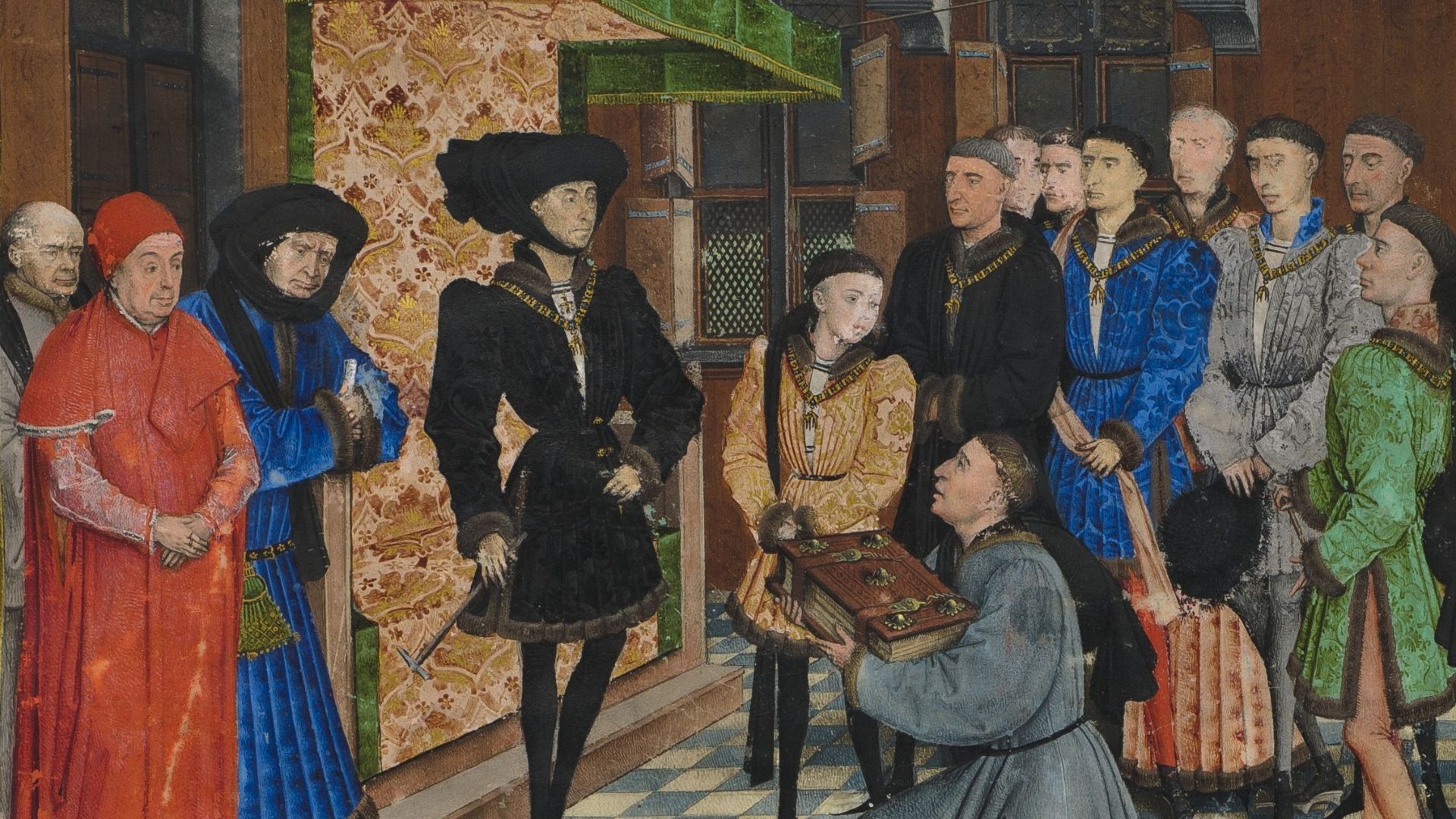 Rogier van der Weyden, Wikimedia Commons
Rogier van der Weyden, Wikimedia Commons
Savoy
The House of Savoy played a major role in unifying Italy in the 19th century, producing kings of both Sardinia and Italy. The name still resonates across Europe. If your surname is Savoy, you’ve got a little slice of royal Italian flair.
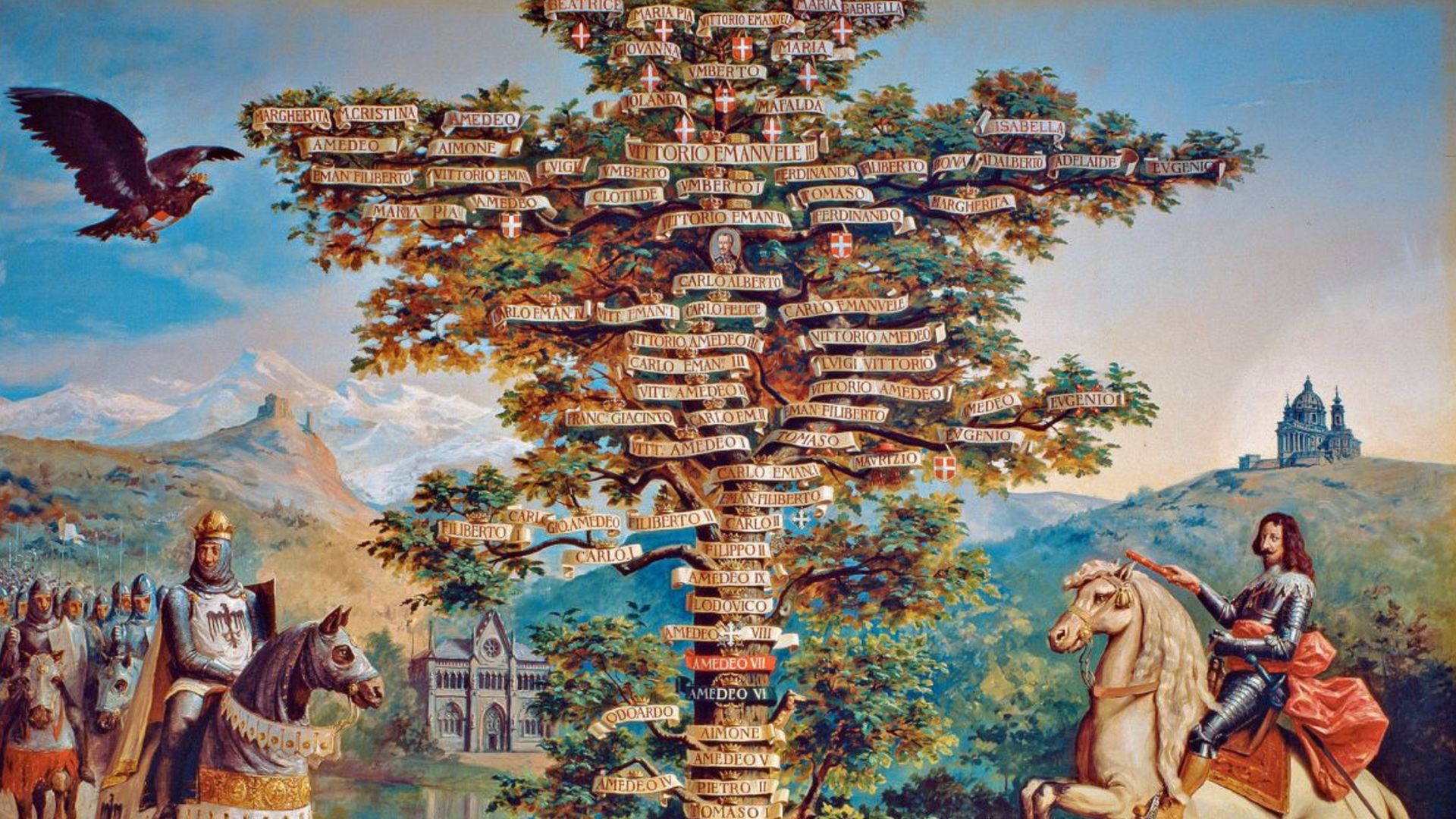 Dalbesio, Adolfo (1857-1914), Wikimedia Commons
Dalbesio, Adolfo (1857-1914), Wikimedia Commons
Bruce
The surname Bruce brings to mind Robert the Bruce, the Scottish king who defeated the English at Bannockburn in 1314. Braveheart may have stolen Hollywood’s spotlight, but the Bruce family truly shaped Scotland’s royal legacy.
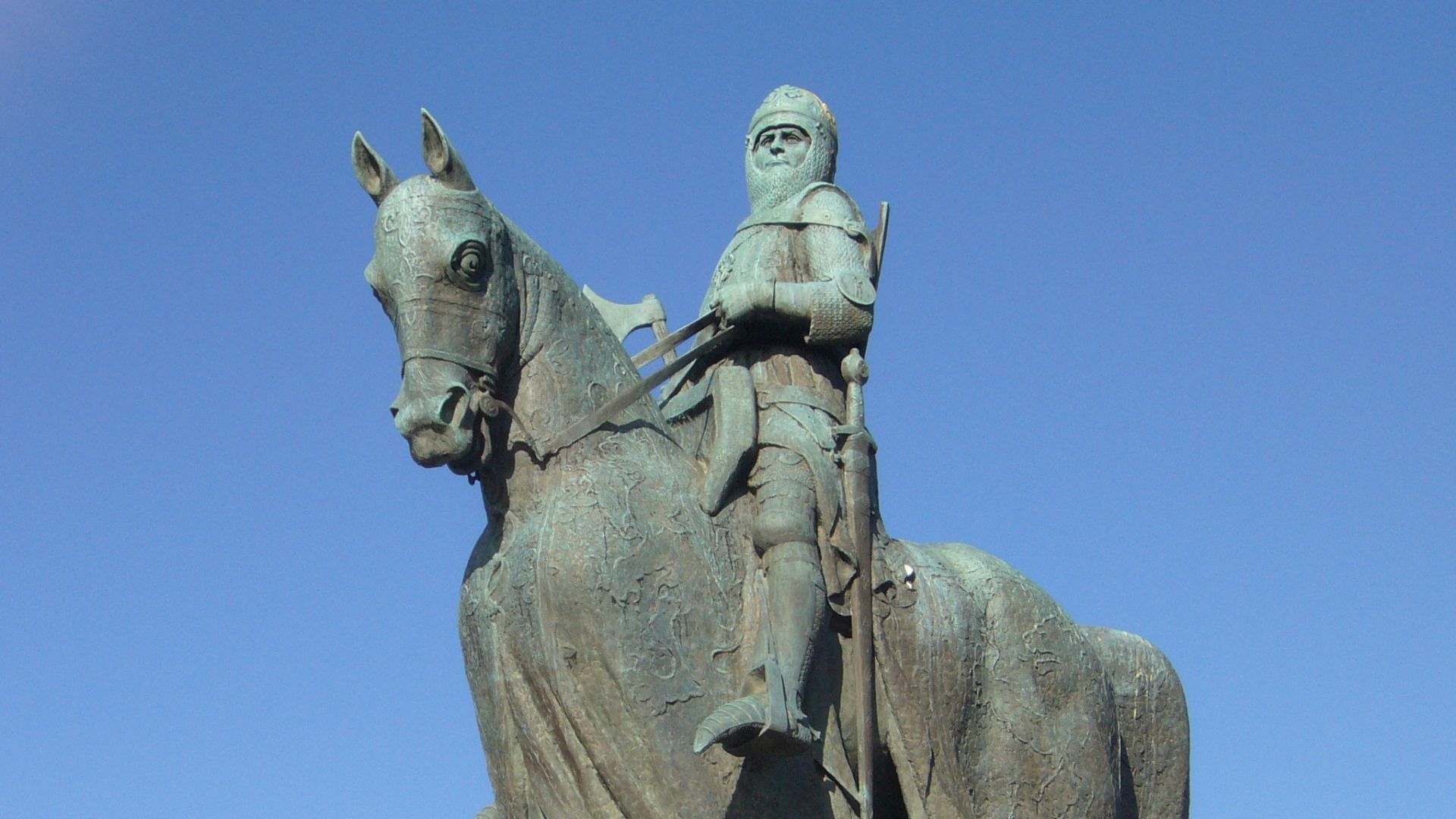 Kim Traynor, Wikimedia Commons
Kim Traynor, Wikimedia Commons
Sinclair
The Sinclairs trace back to Norman knights and Scottish nobility, with ties to earldoms and even whispers of Templar legends. The Templar voyages are legend more than fact—but the Sinclair surname still carries a mix of noble heritage and mystery.
Howard
The Howards were one of England’s most powerful noble families. They produced one Tudor queen outright—Catherine Howard—and were closely tied to another, Anne Boleyn, through Anne’s Howard mother. A surname bound up with palace drama and plenty of royal scandal.
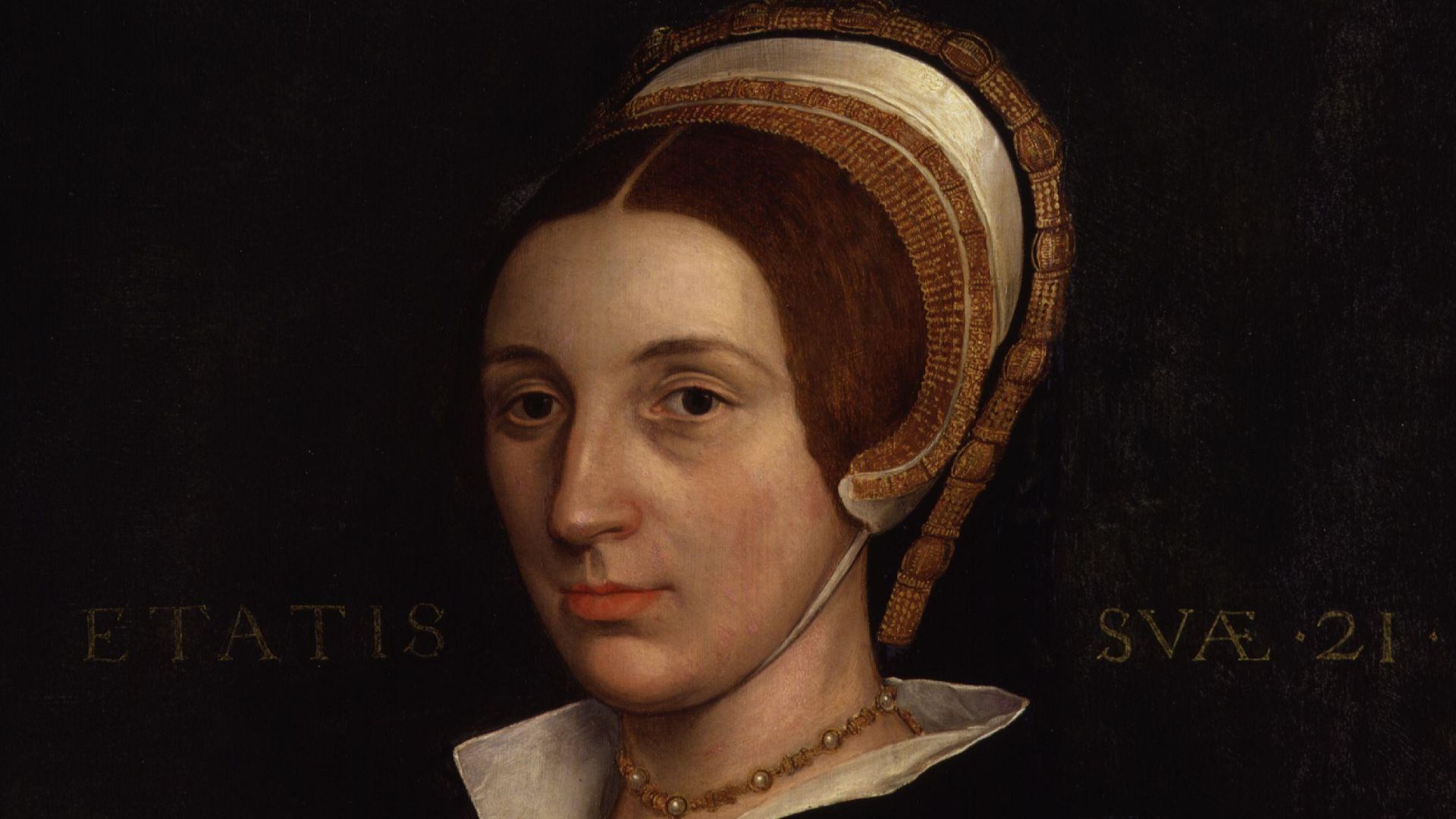 After Hans Holbein the Younger, Wikimedia Commons
After Hans Holbein the Younger, Wikimedia Commons
Neville
The Nevilles were movers and shakers during the Wars of the Roses. With Warwick the Kingmaker as their most infamous member, the surname Neville is tied to some of England’s most chaotic medieval power plays.
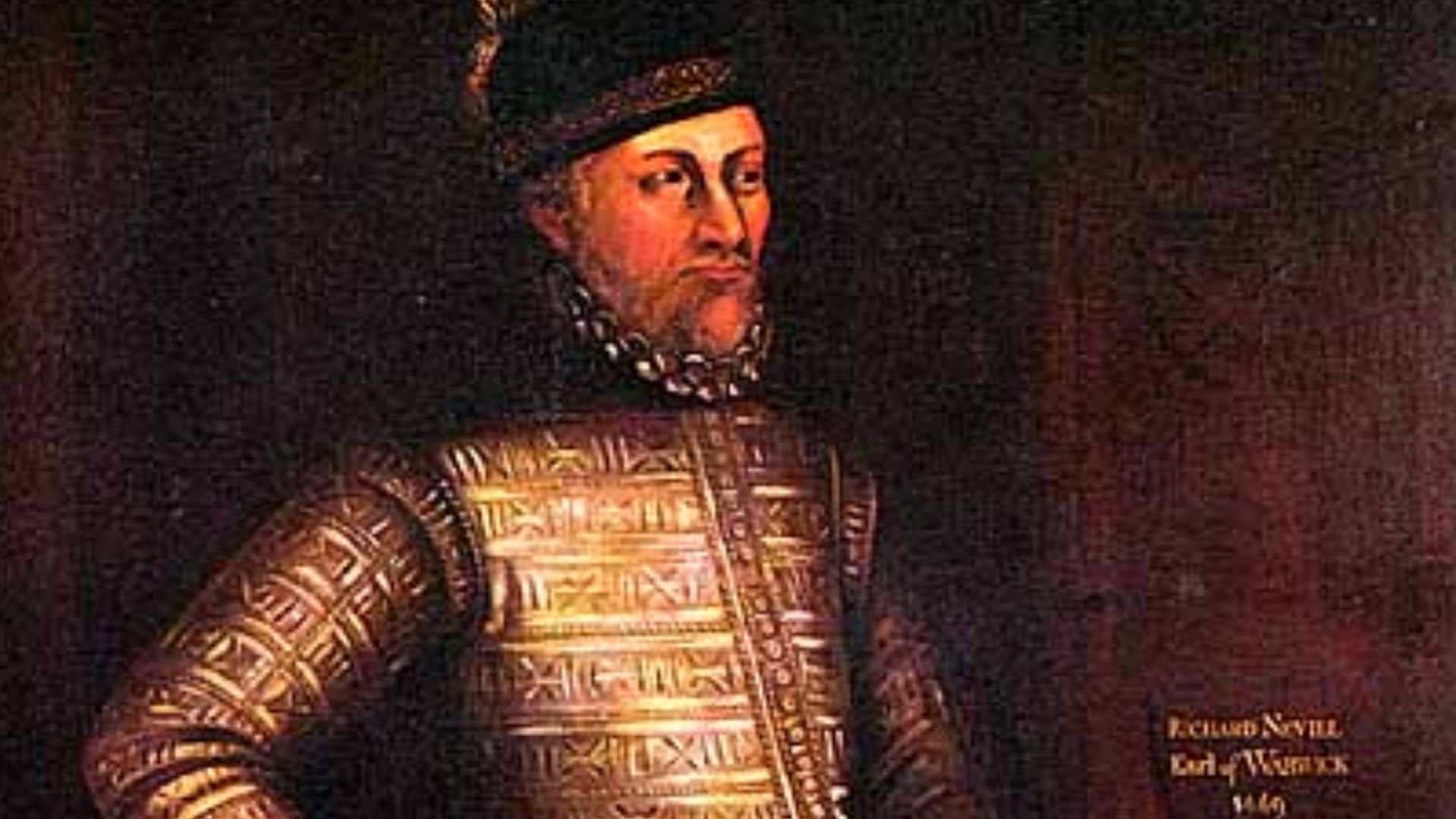 Unidentified painter, Wikimedia Commons
Unidentified painter, Wikimedia Commons
Percy
The Percy family has centuries of aristocratic weight in England, most famously as the Dukes of Northumberland. They battled for influence in medieval courts and inspired Shakespeare’s fiery character “Hotspur.” A Percy surname keeps you tied to royal drama and legend.
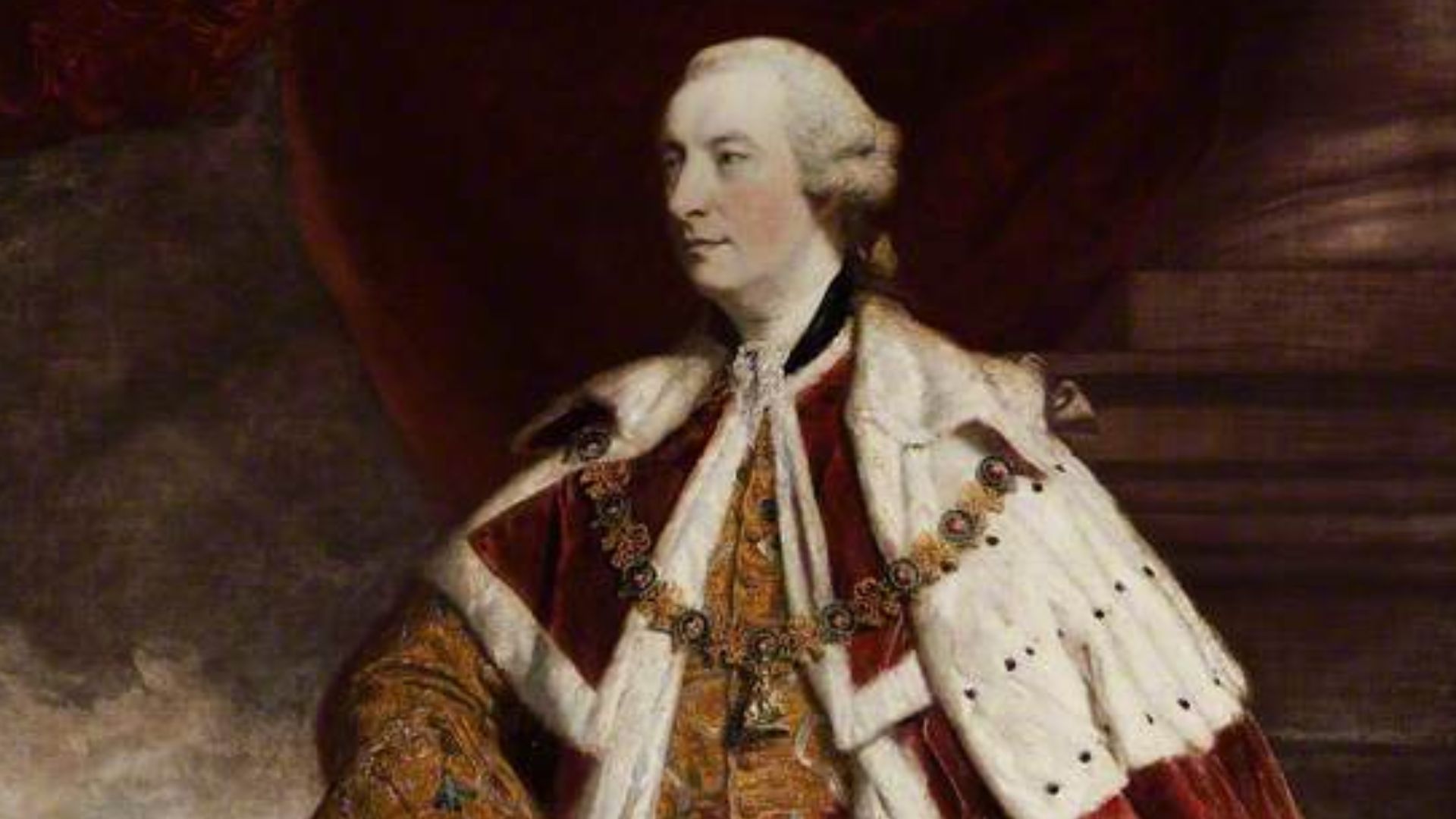 Joshua Reynolds, Wikimedia Commons
Joshua Reynolds, Wikimedia Commons
Spencer
The surname Spencer skyrocketed in recognition thanks to Diana, Princess of Wales. But the family was already noble long before she married Prince Charles. If you’re a Spencer, your surname’s been rubbing elbows with royalty for generations.
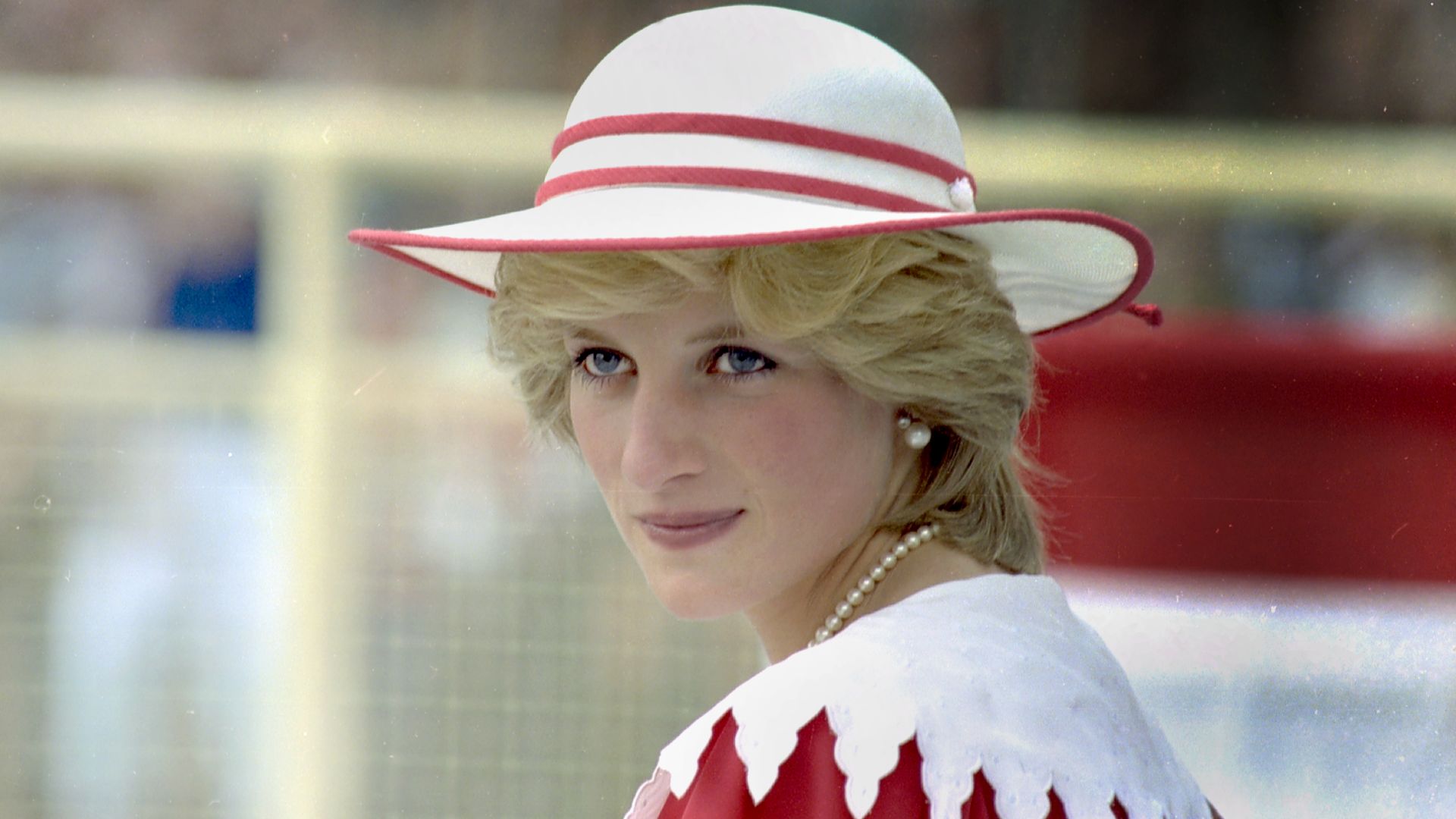 Provincial Archives of Alberta, Wikimedia Commons
Provincial Archives of Alberta, Wikimedia Commons
Mountbatten
The Mountbattens came into prominence in the 20th century, with Prince Philip adopting the surname in 1947. A 1960 declaration created “Mountbatten-Windsor” for his descendants. Either way, the family ties into both British and German royalty, giving the name serious royal gravitas.
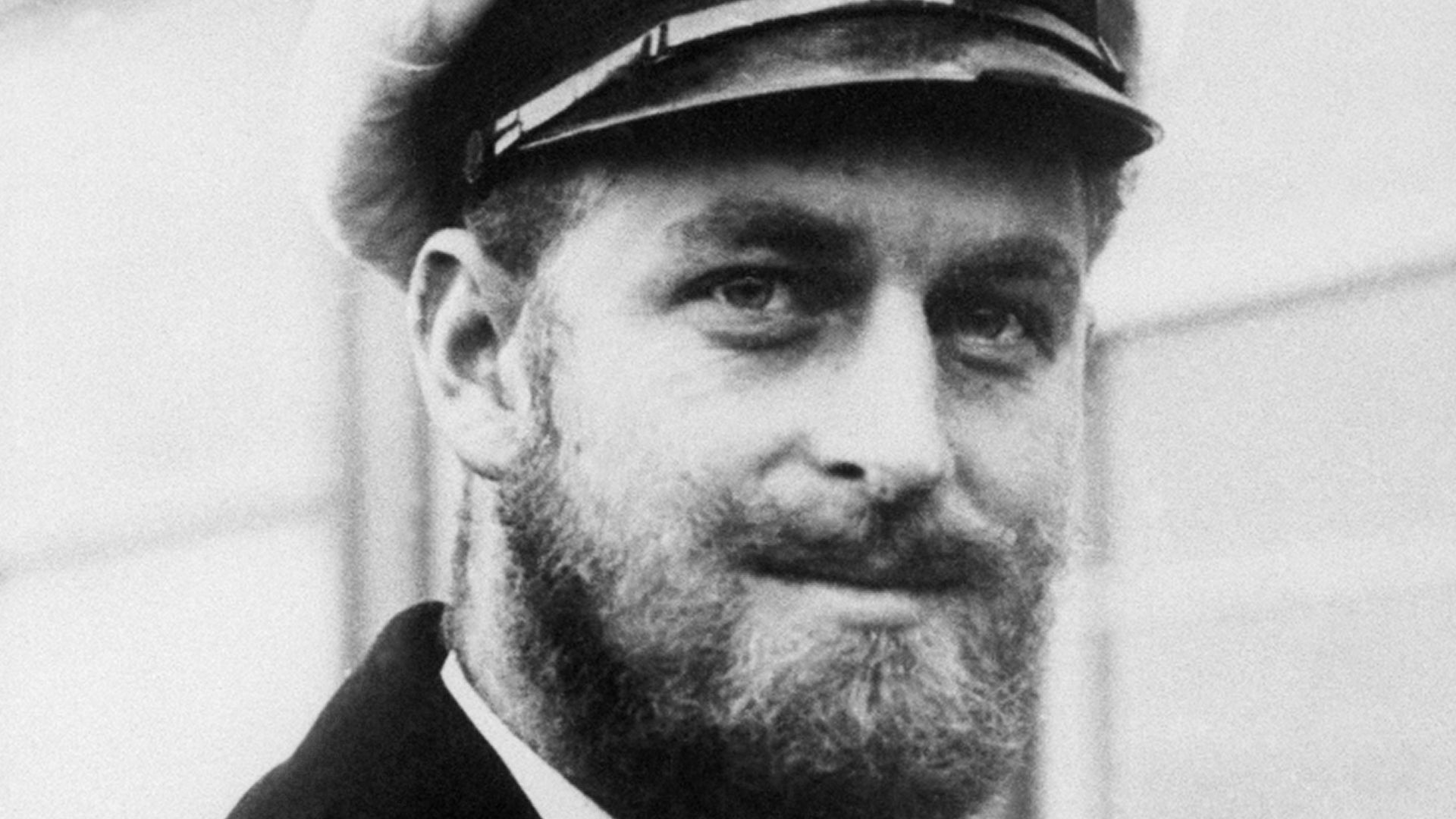 Associated Press, Wikimedia Commons
Associated Press, Wikimedia Commons
Beaufort
The Beauforts were descendants of John of Gaunt, son of Edward III, and Katherine Swynford. Legitimated but barred from succession, they still played a crucial role in the Wars of the Roses. The surname carries a long royal shadow.
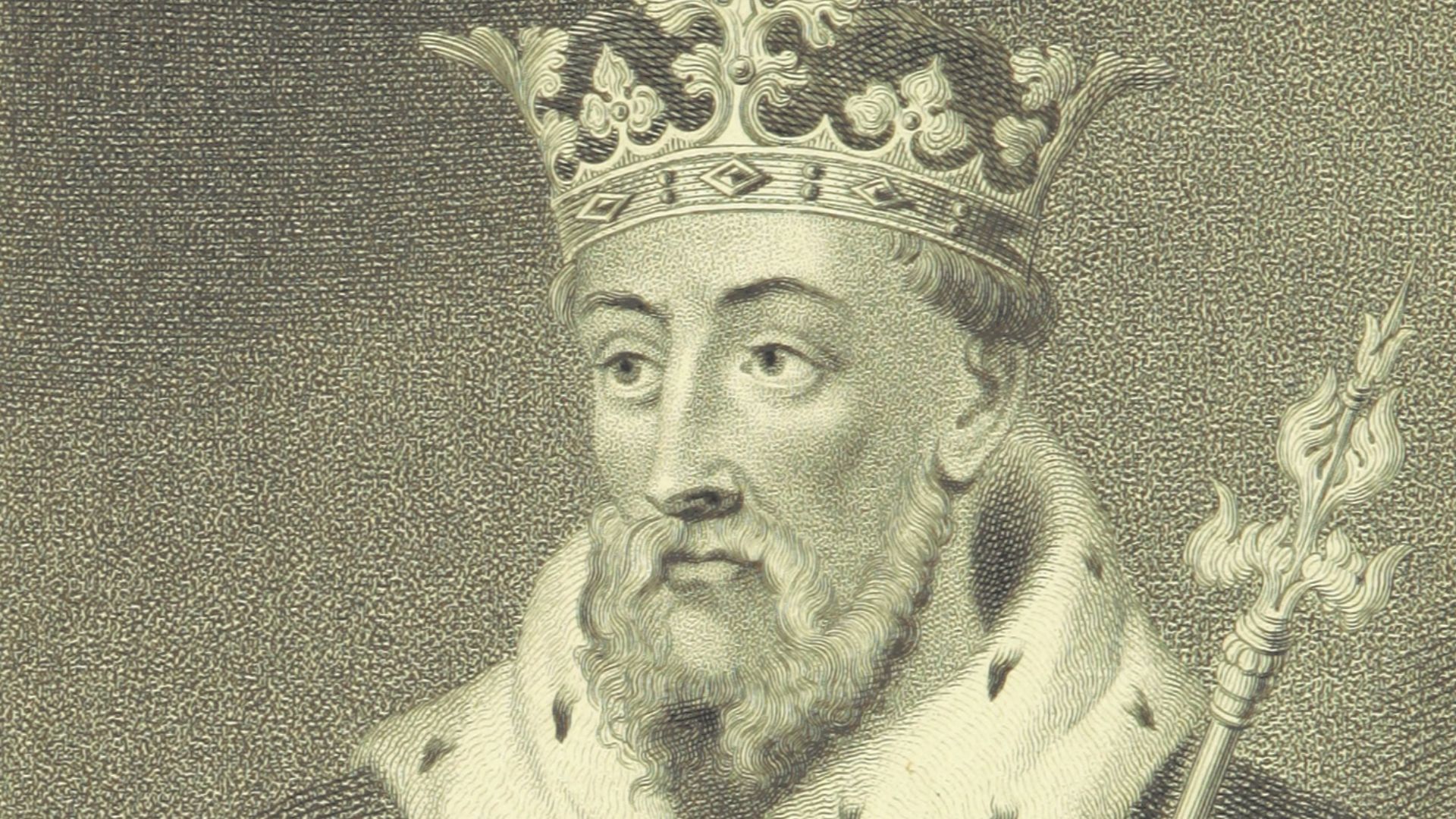 The British Library, Wikimedia Commons
The British Library, Wikimedia Commons
Clifford
The Cliffords were an influential noble family in medieval England, holding power in the north and often caught in the struggles between Yorks and Lancasters. If Clifford is your surname, it’s stamped into royal history.
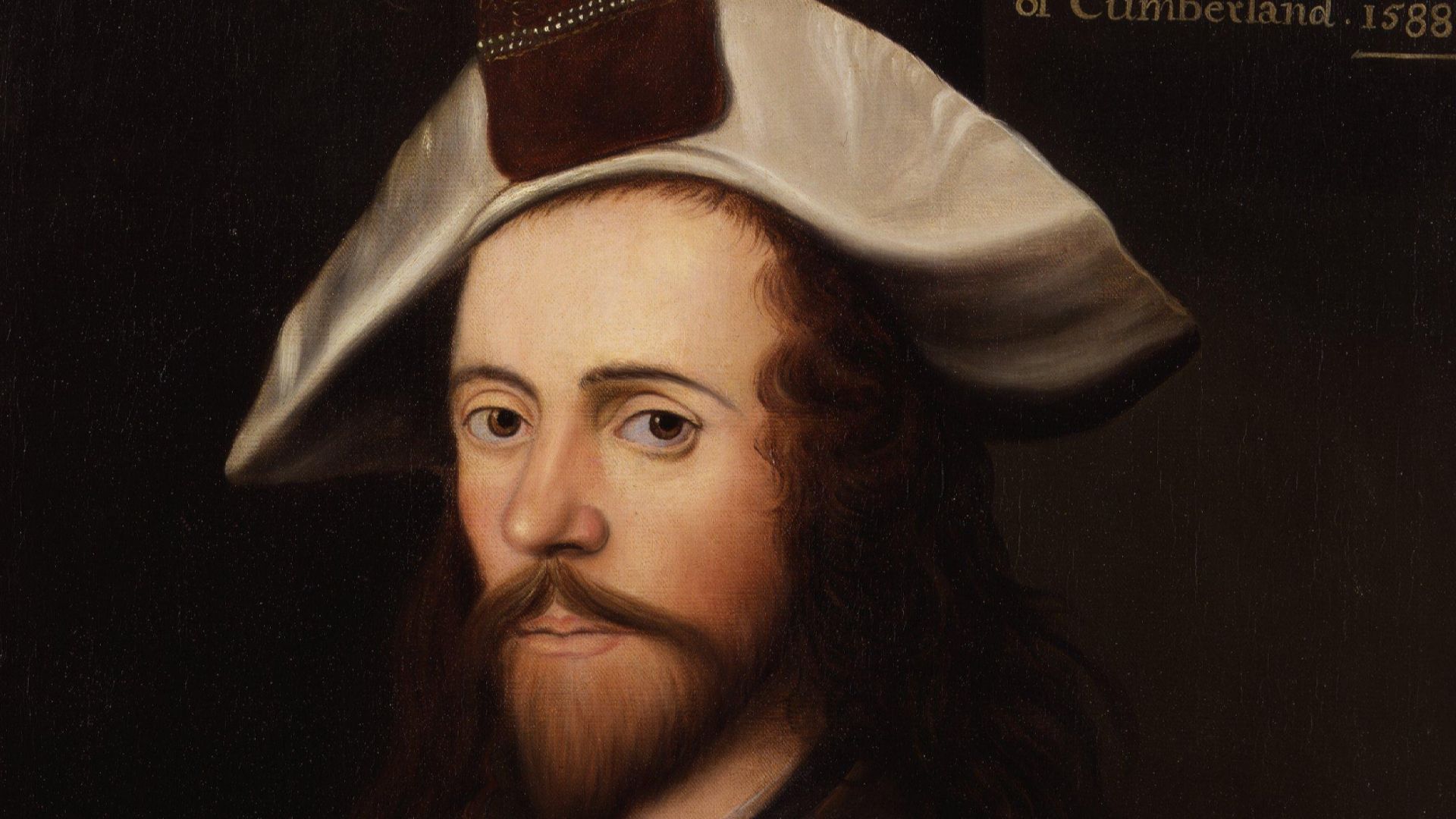 After Nicholas Hilliard (died 1619), Wikimedia Commons
After Nicholas Hilliard (died 1619), Wikimedia Commons
Douglas
The Douglas clan was one of Scotland’s most powerful, often clashing with kings and sometimes marrying into royalty. To be a Douglas meant wealth, castles, and no shortage of royal intrigue.
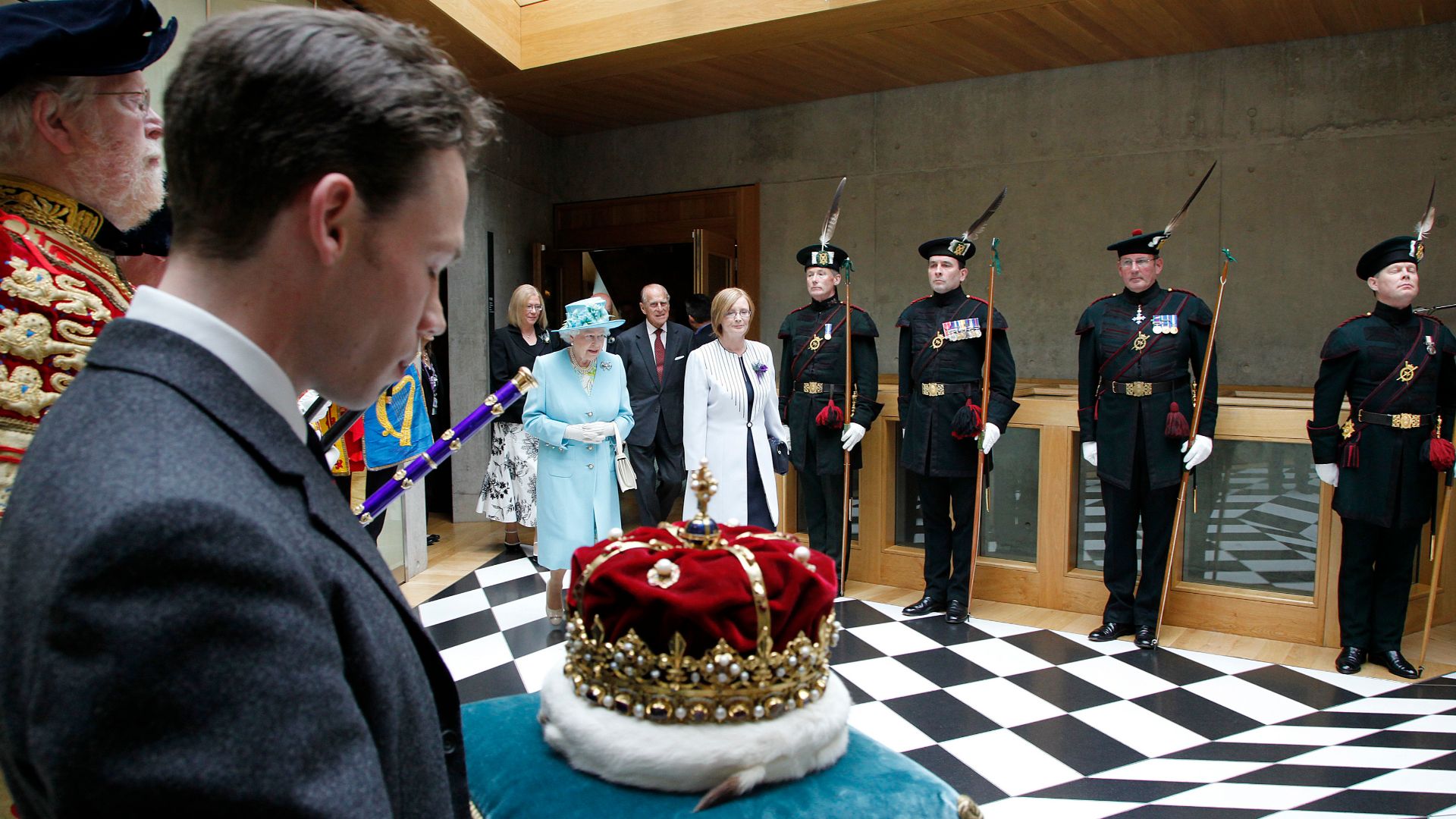 The Scottish Parliament., Wikimedia Commons
The Scottish Parliament., Wikimedia Commons
Hamilton
Long before Broadway turned it into a hit, Hamilton was a surname tied to Scottish nobility and later dukes. Many Hamiltons sat close to monarchs in courts, making the name one with royal echoes.
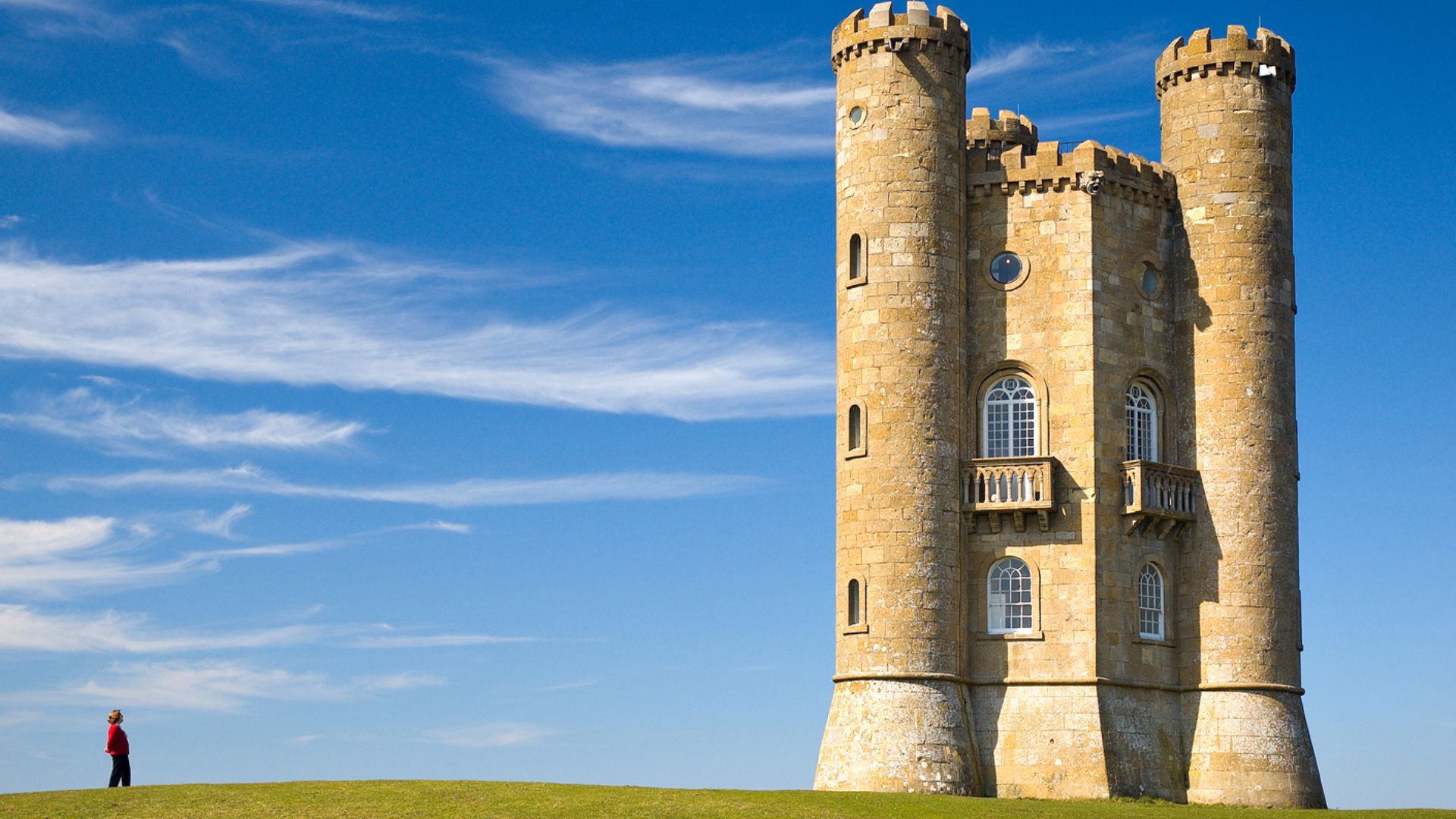 The author is Newton2 (cropped by Yummifruitbat), Wikimedia Commons
The author is Newton2 (cropped by Yummifruitbat), Wikimedia Commons
Kennedy
Often dubbed “America’s Royal Family,” the Kennedys built a political dynasty that captured global attention. But the name’s royal roots go back even further—tracing to Irish nobility and the Gaelic royal family of Brian Boru, High King of Ireland. Regal at home and abroad.
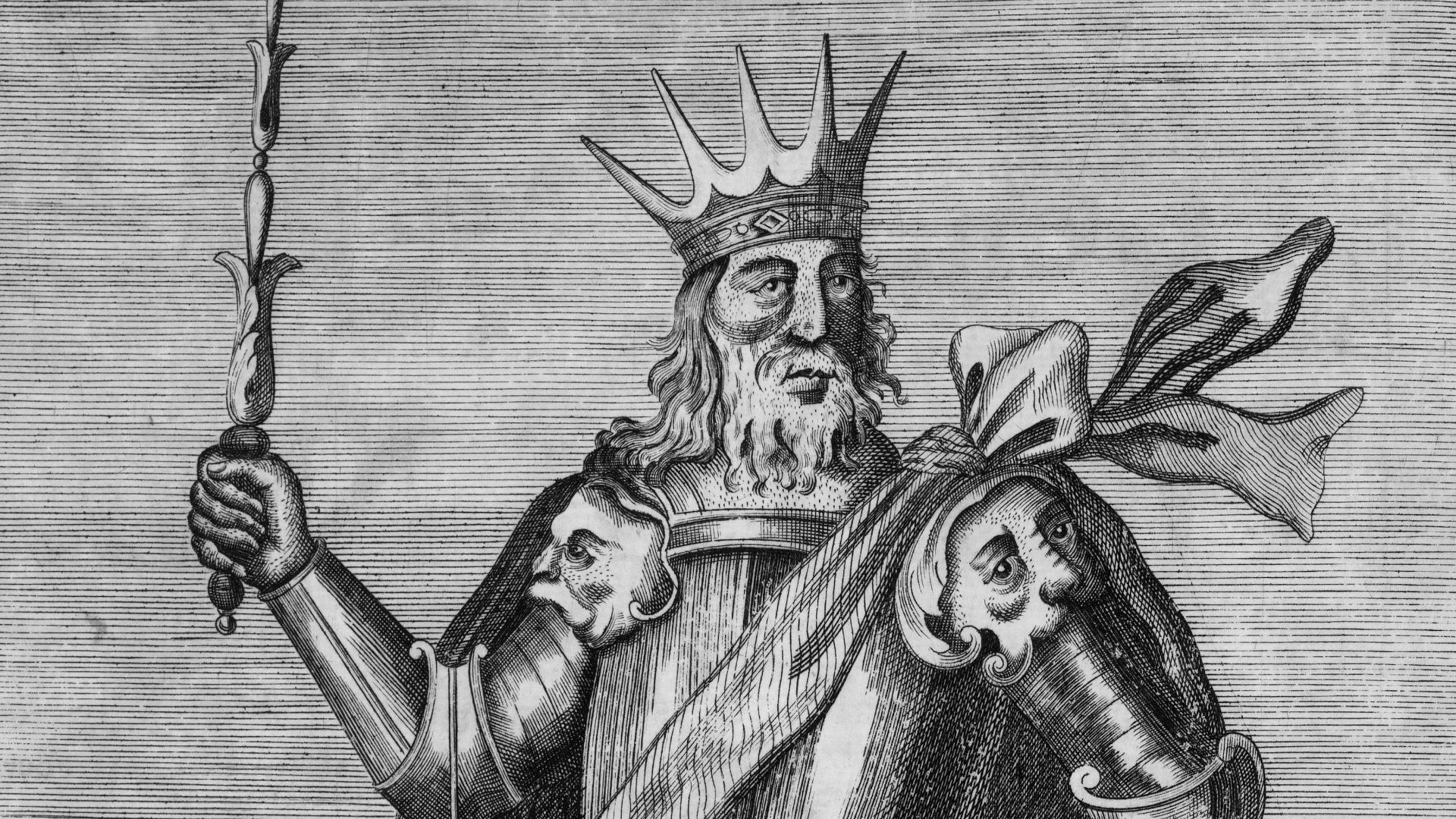 Unknown author, Wikimedia Commons
Unknown author, Wikimedia Commons
O’Brien
The surname O’Brien comes from Brian Boru, the High King of Ireland who defeated the Vikings at Clontarf. Descendants carried the name proudly, and it remains one of Ireland’s most famous surnames with royal roots.
MacDonald
Clan MacDonald claimed lordship over the Isles in Scotland, often acting like kings in their own right. Their feuds with rival clans and ties to Scottish royals made the MacDonald name one steeped in power.
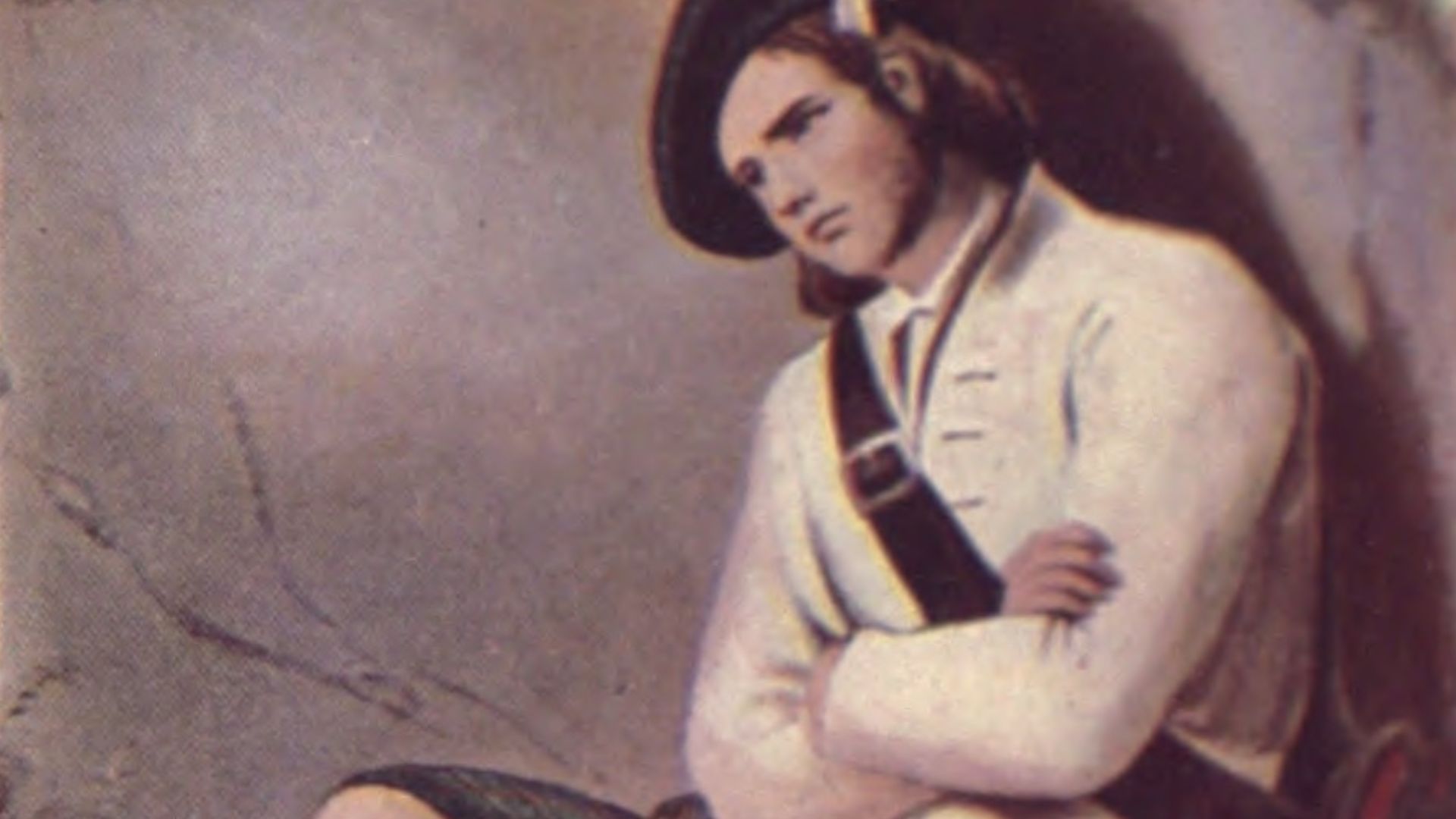 Robert Ronald McIan (1803-1856)., Wikimedia Commons
Robert Ronald McIan (1803-1856)., Wikimedia Commons
Campbell
The Campbells rose to prominence as loyal supporters of the Scottish crown, eventually becoming dukes and marrying into royal circles. If Campbell is your surname, you’ve got some tartan-tinged royal history.
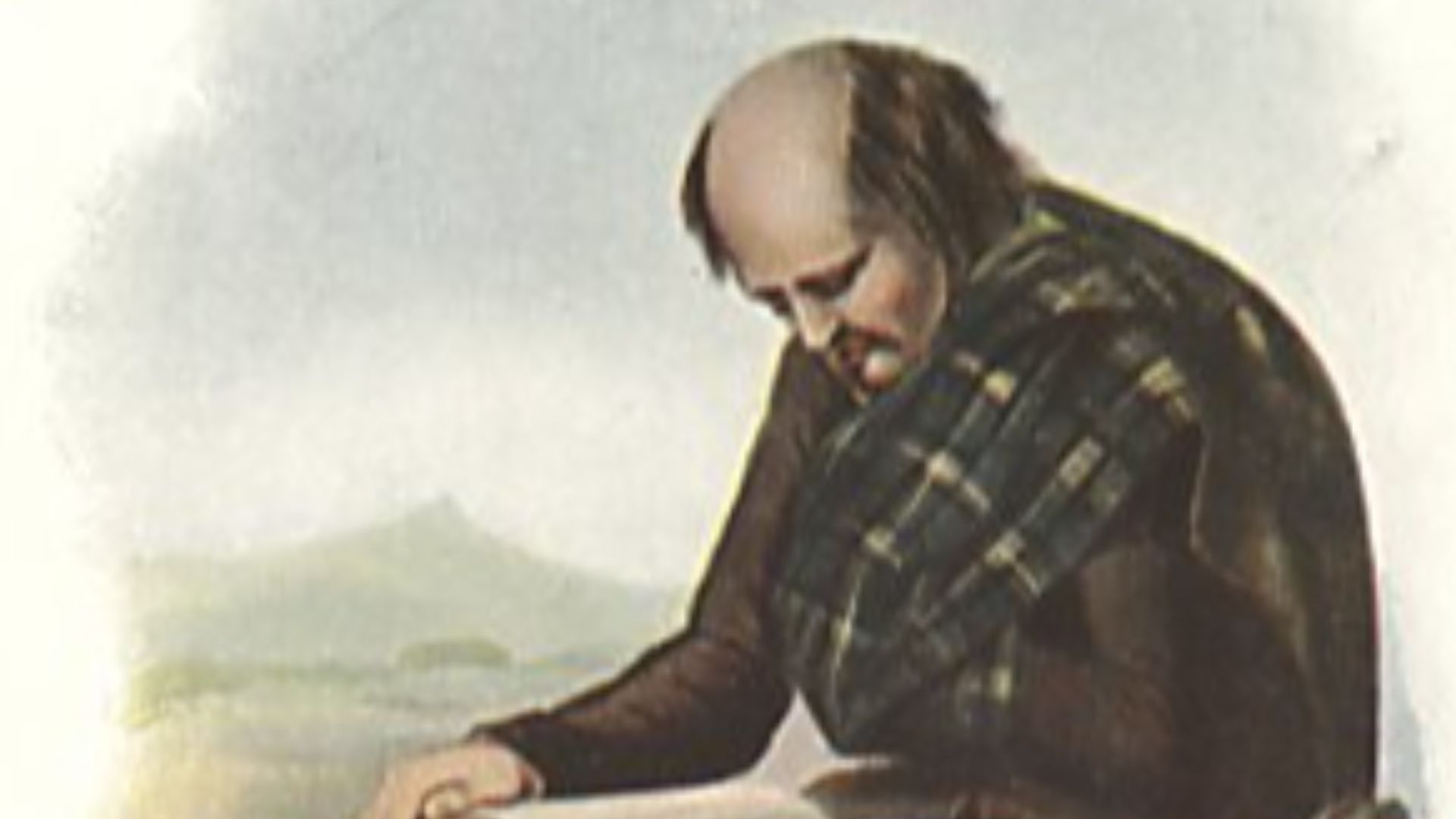 Unknown author, Wikimedia Commons
Unknown author, Wikimedia Commons
Fitzroy
Literally meaning “son of the king,” Fitzroy was often given to the acknowledged illegitimate children of monarchs in England. If that’s your surname, your family tree might include a royal affair or two.
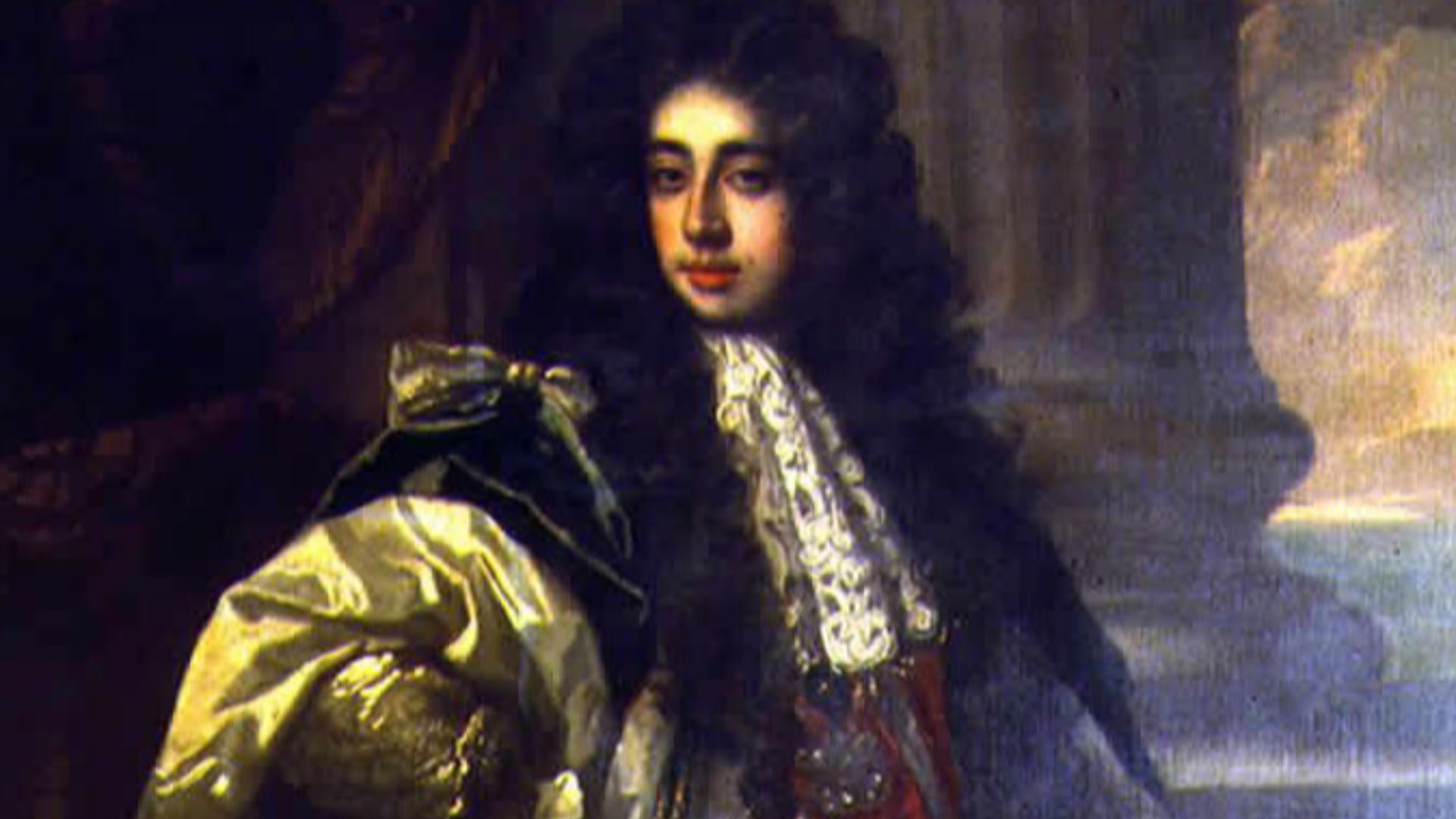 Thomas Hawker, Wikimedia Commons
Thomas Hawker, Wikimedia Commons
Hastings
The Hastings family played a role in medieval English politics, tied to both the court and the battlefield. Their surname often appears alongside royal conflicts and power struggles.
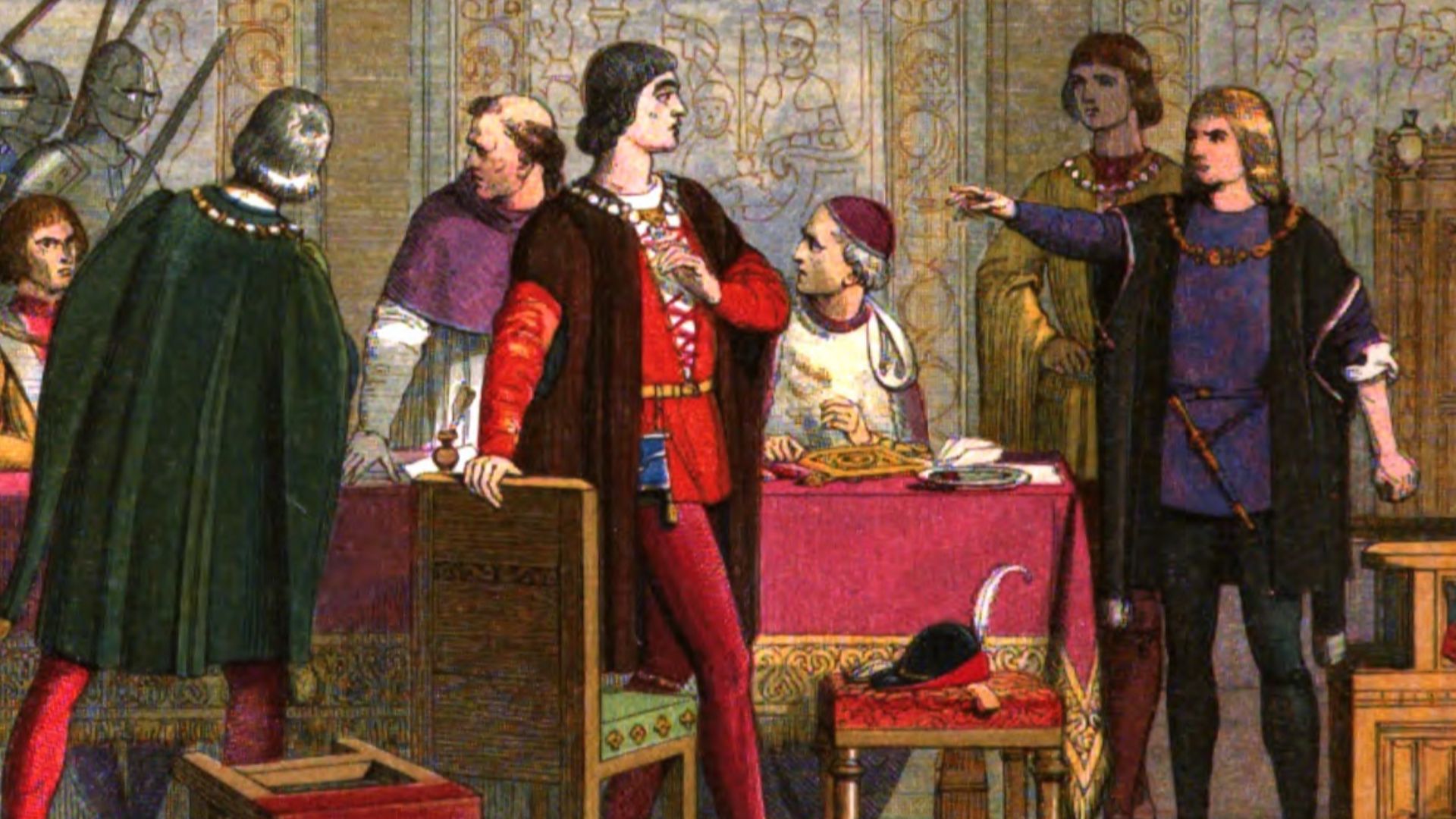 Edmund Evans, Wikimedia Commons
Edmund Evans, Wikimedia Commons
Mortimer
The Mortimers were power players in the 14th century, with claims that could have rivaled kings. They often married into royalty, and their name lingers in English history books full of intrigue.
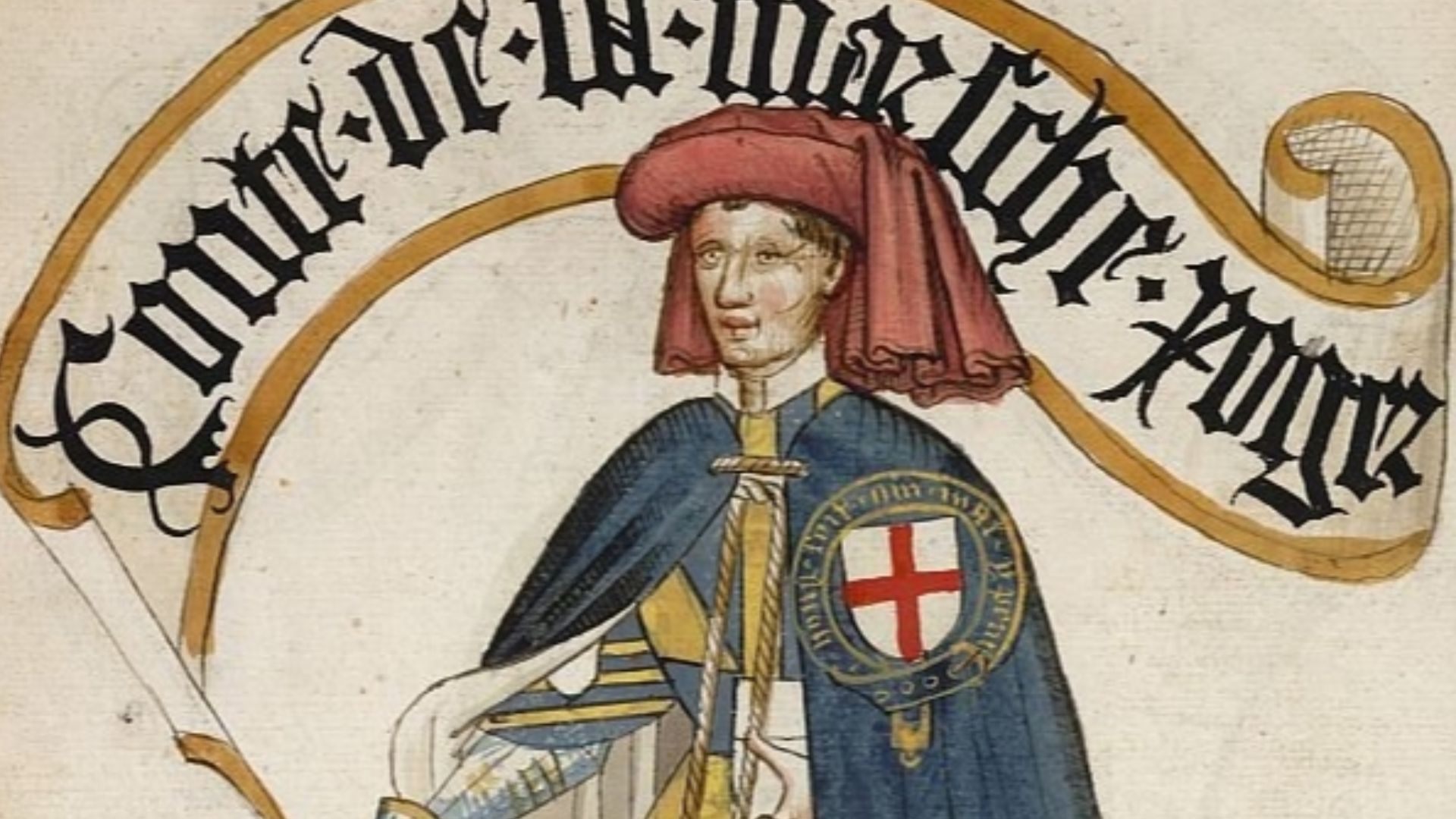 Photo British Library; painted by or for William Bruges, Wikimedia Commons
Photo British Library; painted by or for William Bruges, Wikimedia Commons
Stanley
The Stanleys helped determine the outcome of the Wars of the Roses by backing Henry Tudor at Bosworth. That move changed English history, giving the surname Stanley a permanent seat near the throne.
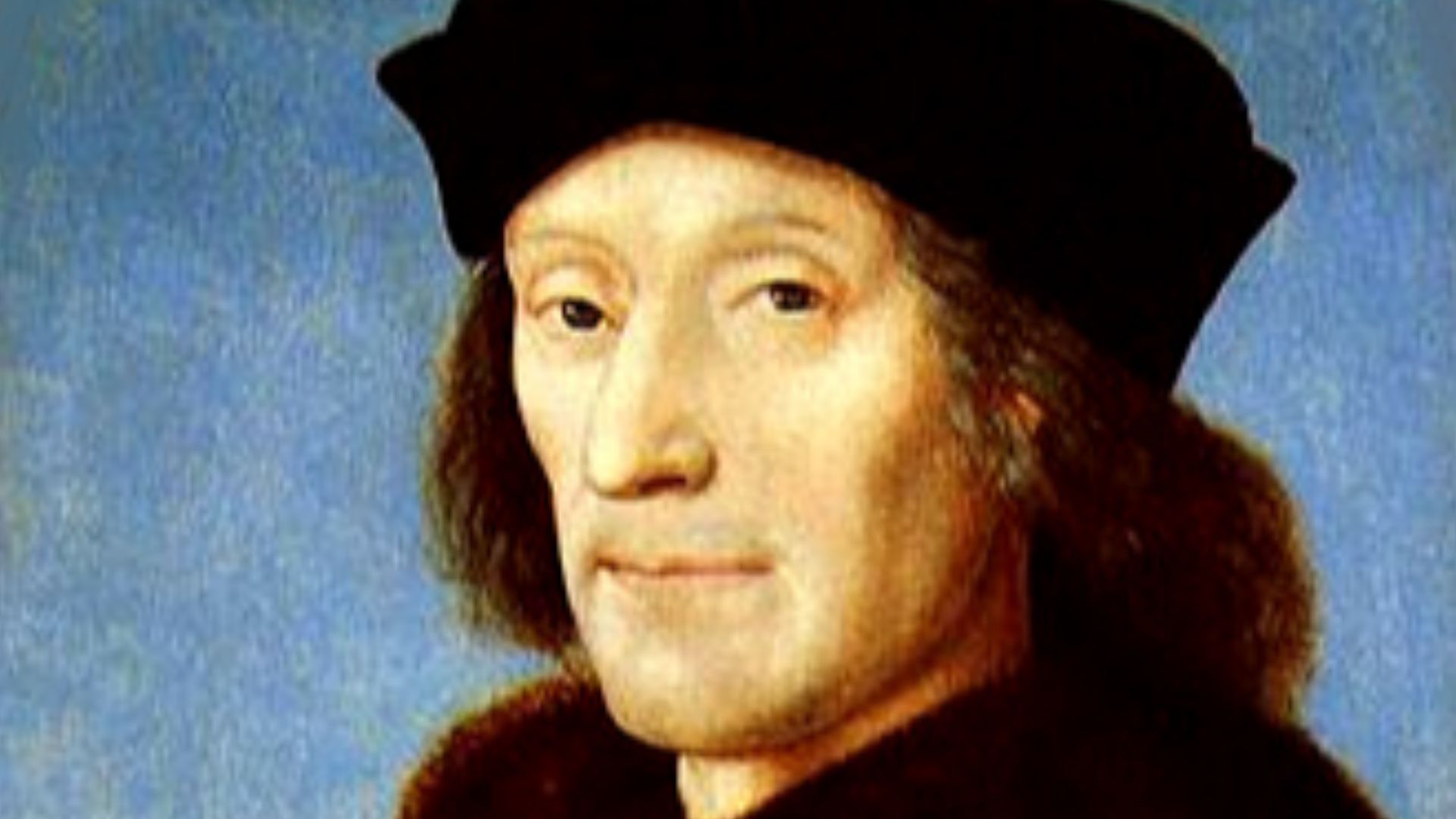 anonymous / Formerly attributed to Michael Sittow, Wikimedia Commons
anonymous / Formerly attributed to Michael Sittow, Wikimedia Commons
De Vere
The De Veres, Earls of Oxford, were one of England’s most powerful noble families. They claimed descent from Charlemagne and often stood just behind the throne. A surname that practically shouted nobility for centuries.
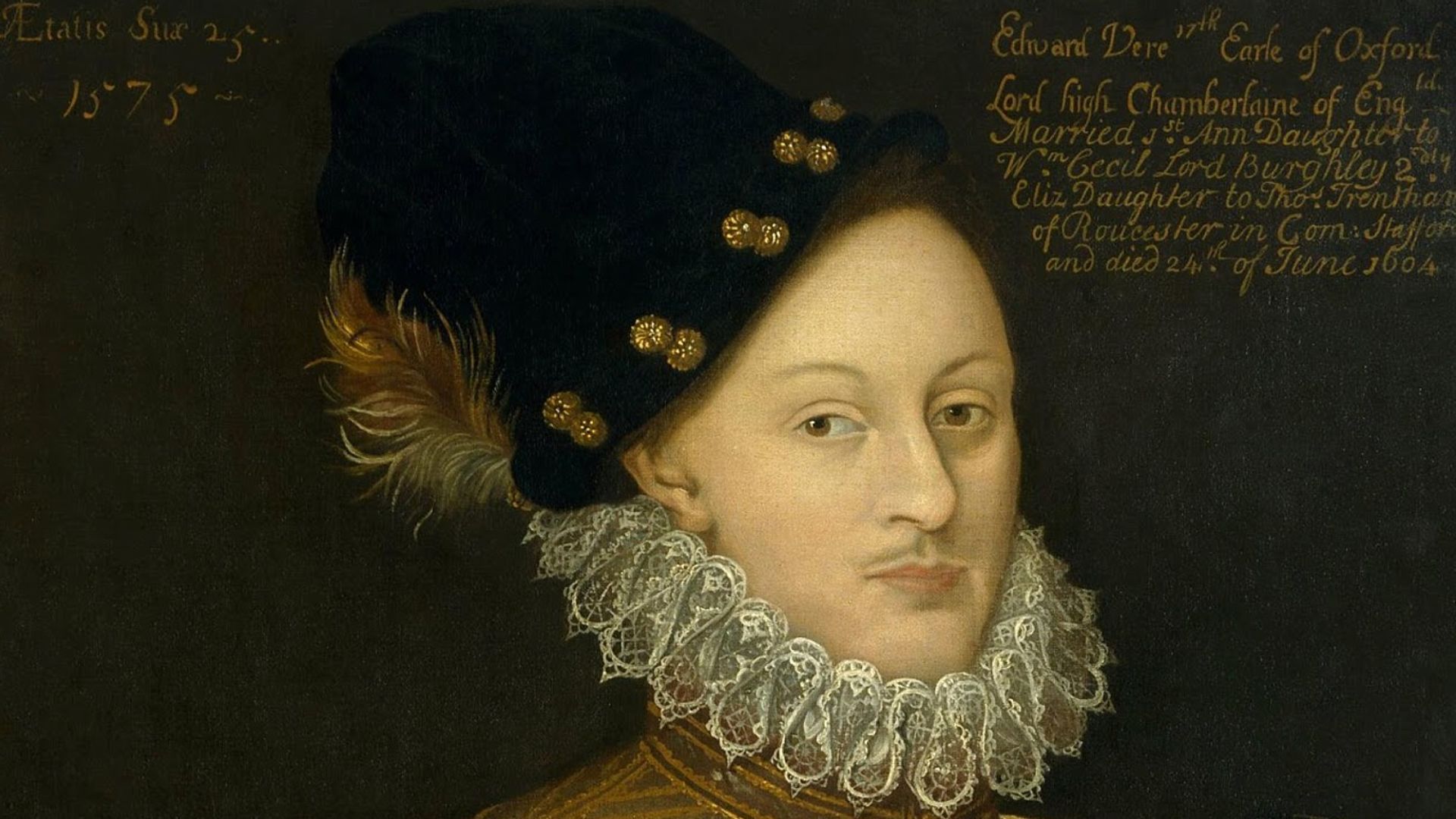 Unidentified painter, Wikimedia Commons
Unidentified painter, Wikimedia Commons
You Might Also Like:
You’ll Be Shocked Which Celebrities Refused A Knighthood And Other High Honors From The Queen

